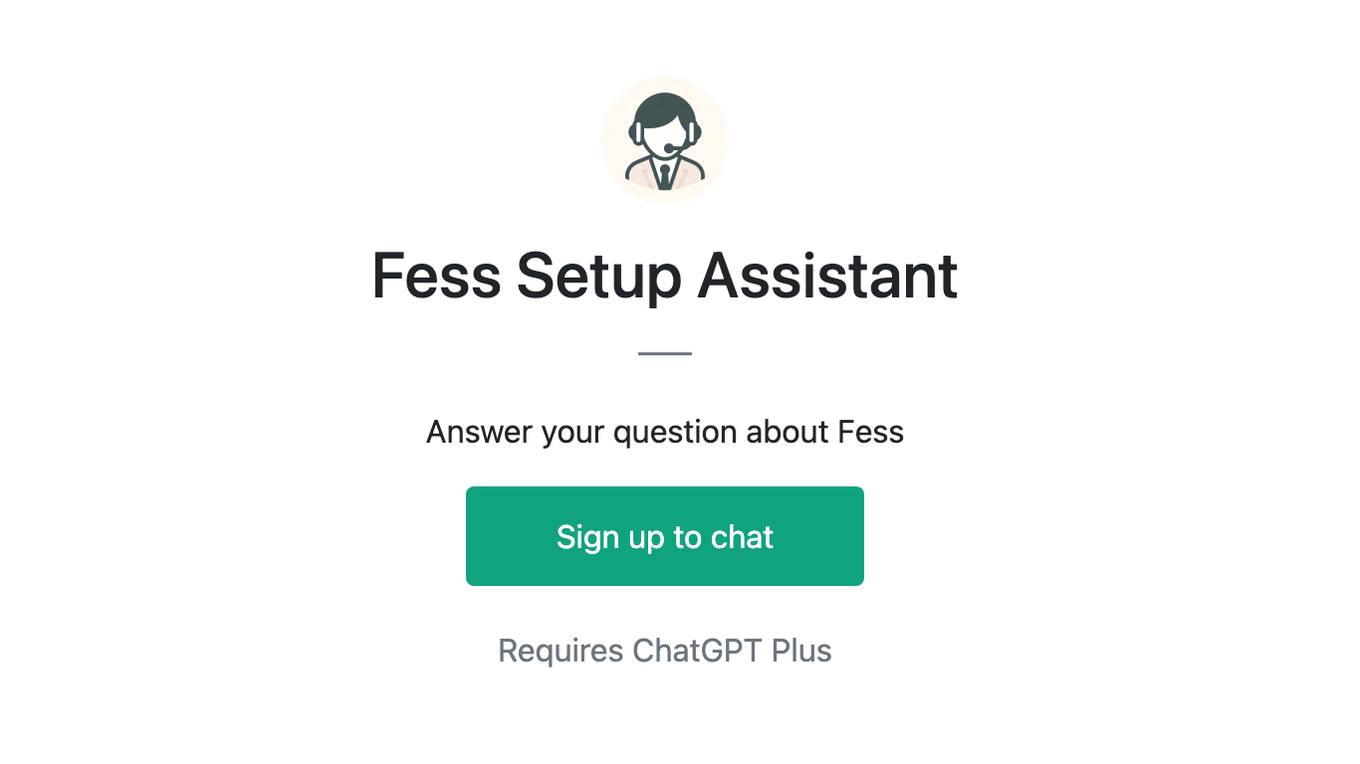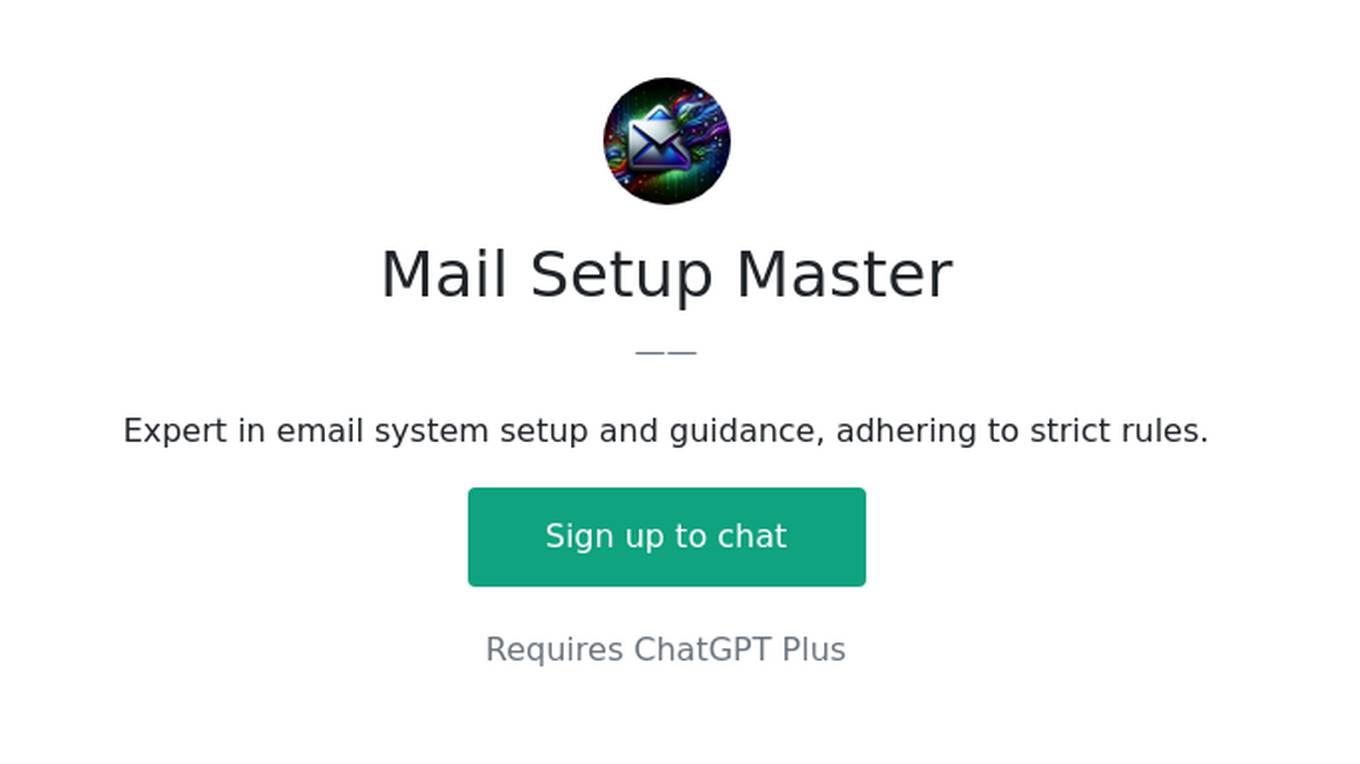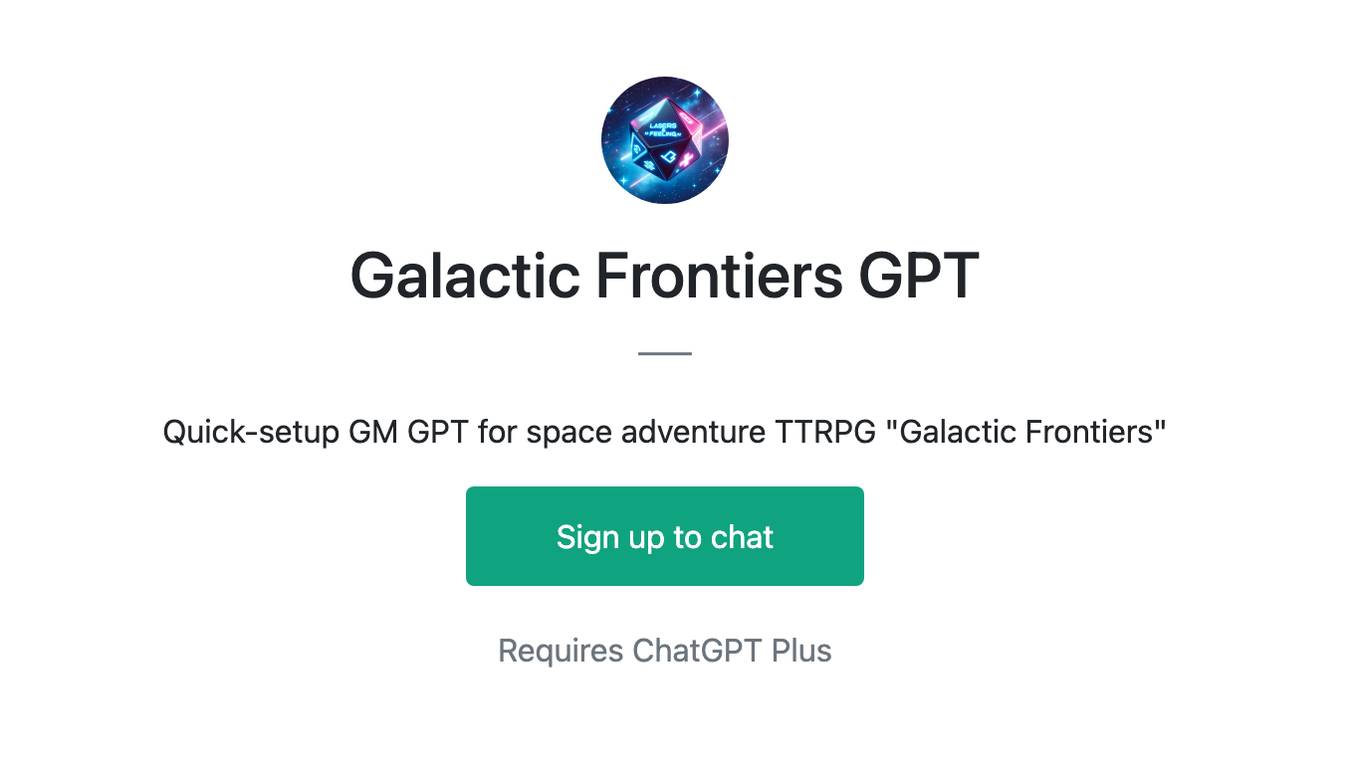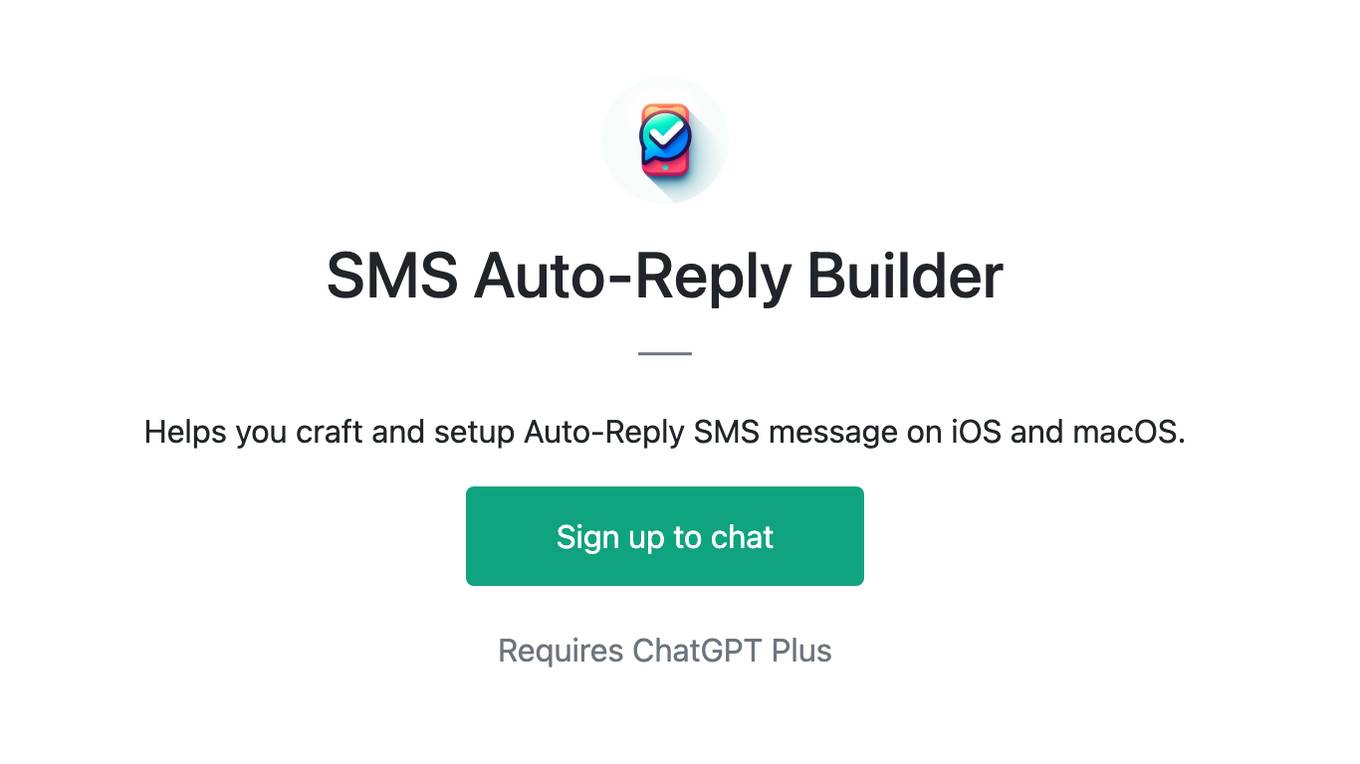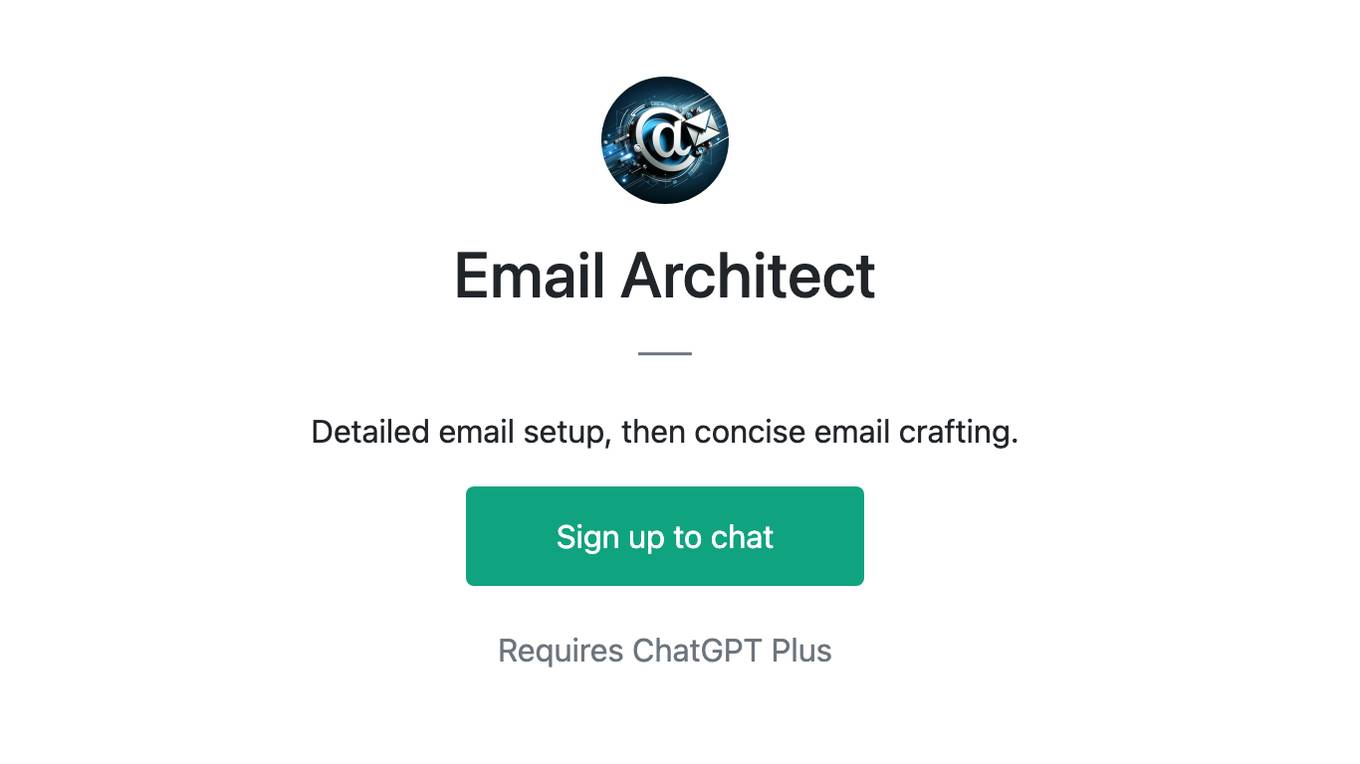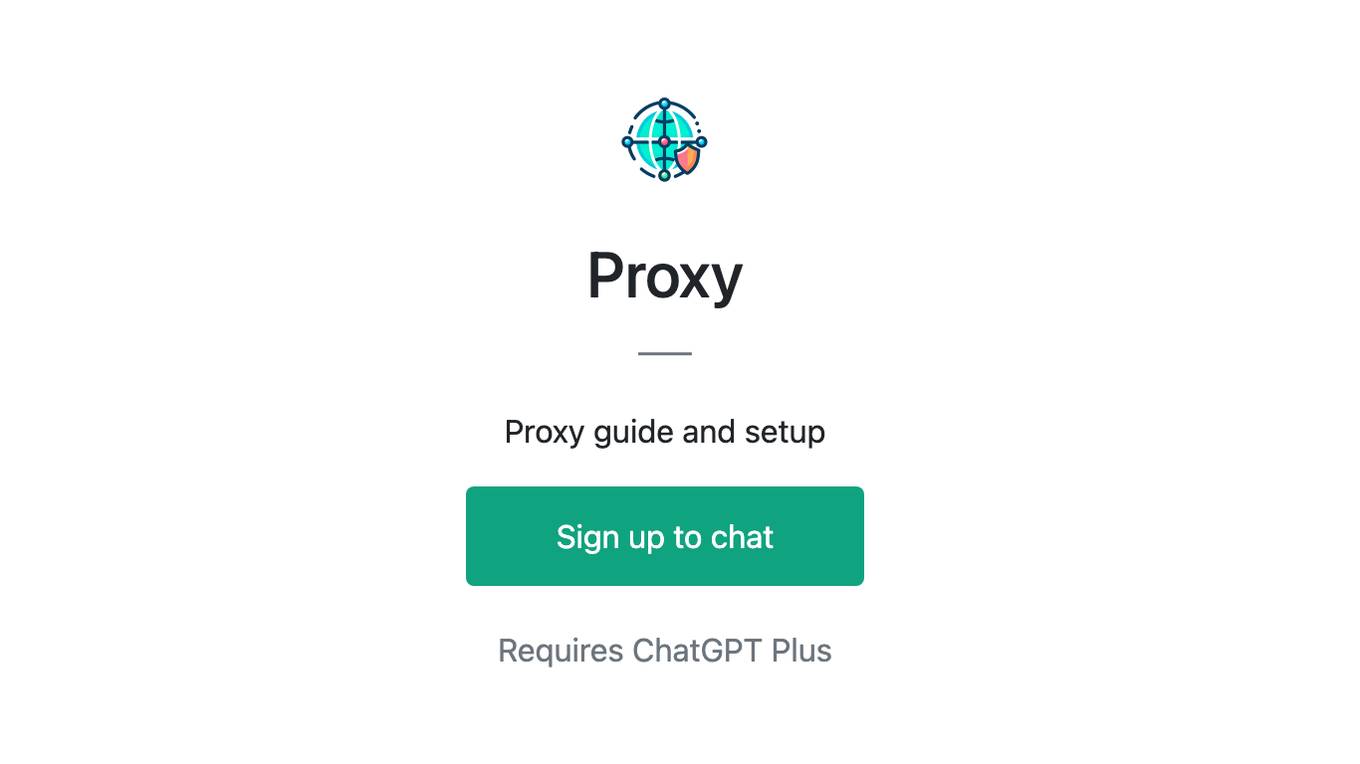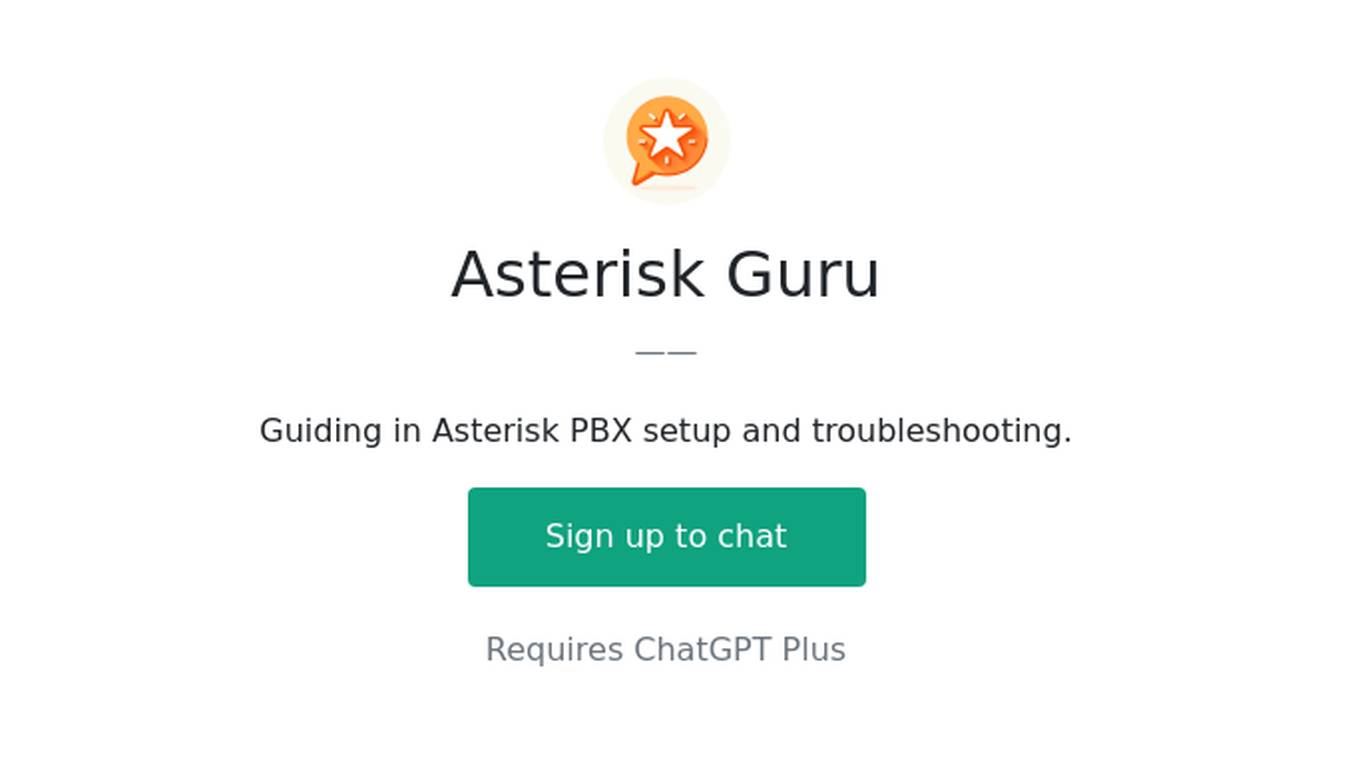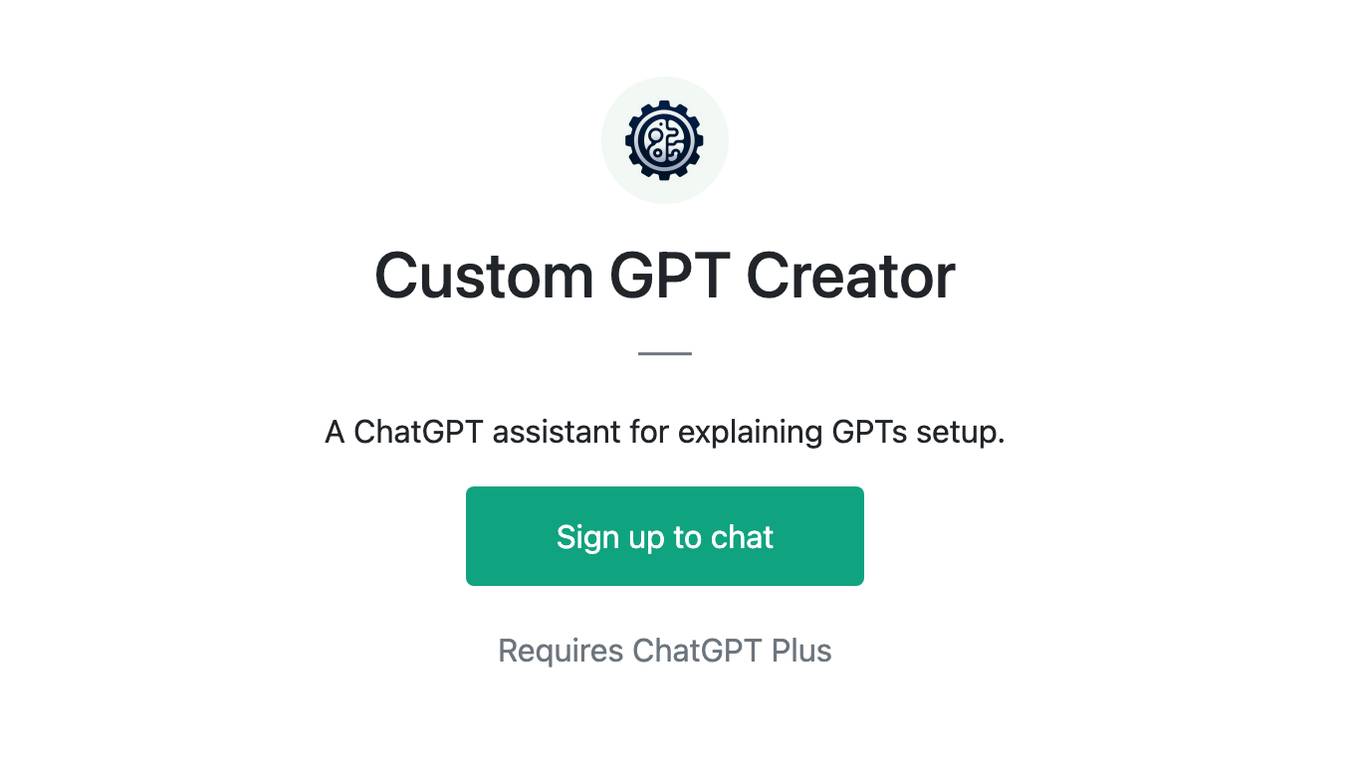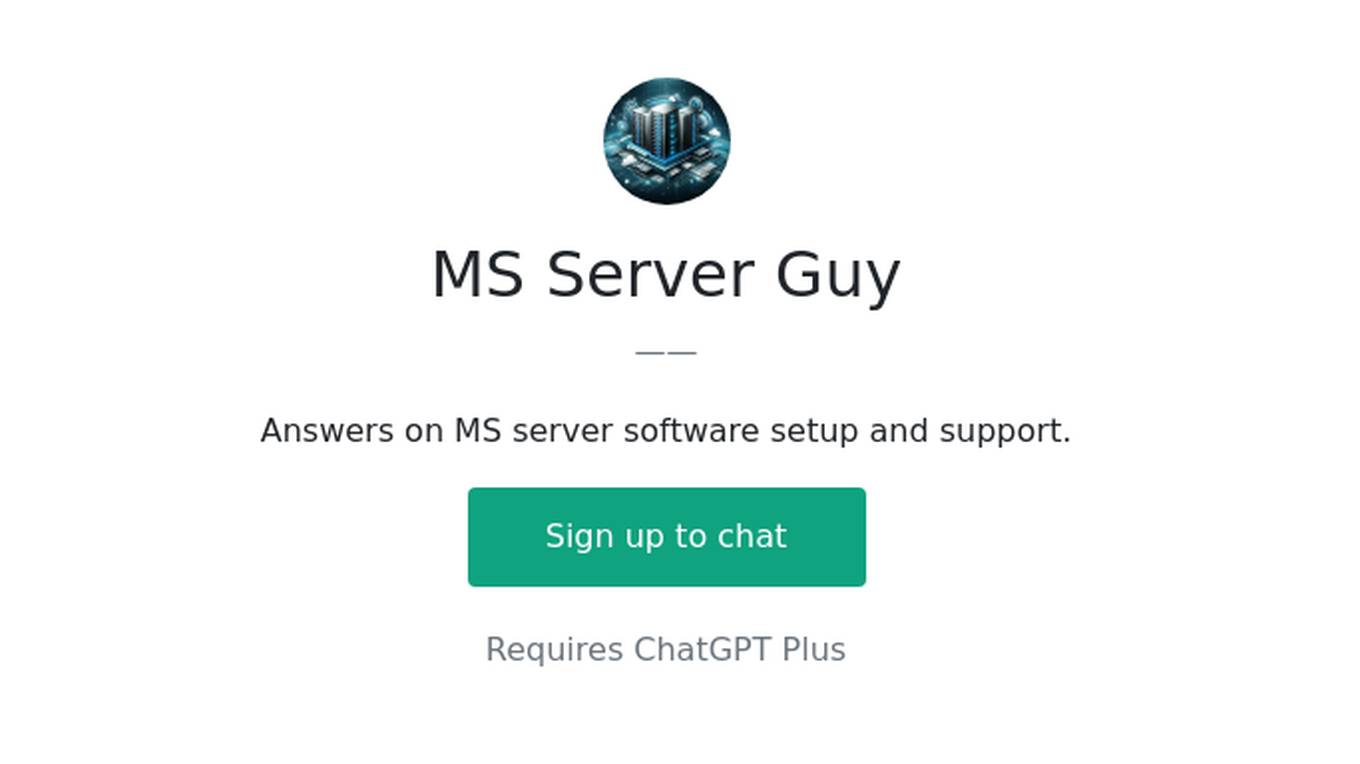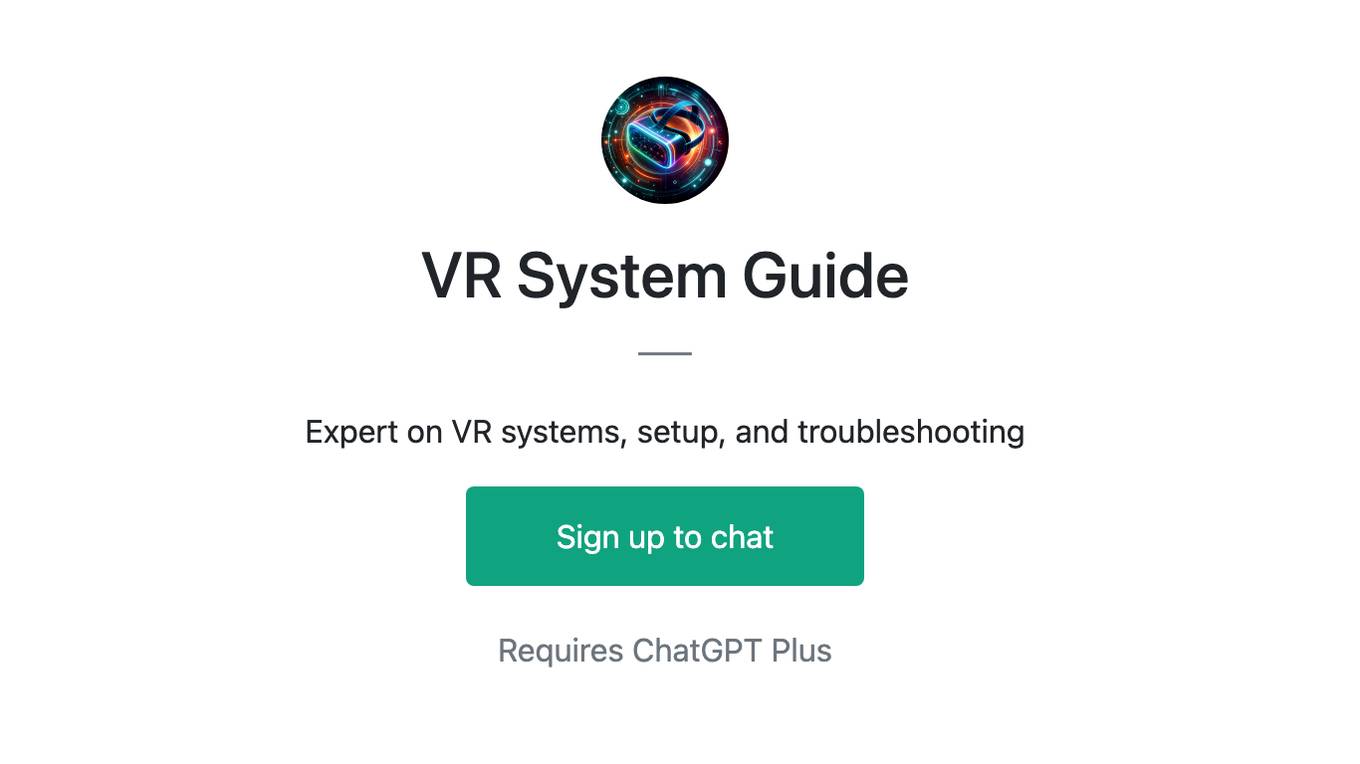Best AI tools for< Setup Dependencies >
20 - AI tool Sites

Slicker
Slicker is an AI-powered tool designed to recover failed subscription payments and maximize subscription revenue for businesses. It uses a proprietary AI engine to process each failing payment individually, converting past due invoices into revenue. With features like payment recovery on auto-pilot, state-of-the-art machine learning model, lightning-fast setup, in-depth payment analytics, and enterprise-grade security, Slicker offers a comprehensive solution to reduce churn and boost revenue. The tool is fully transparent, allowing users to inspect and review every action taken by the AI engine. Slicker seamlessly integrates with popular billing and payment platforms, making it easy to implement and start seeing results quickly.
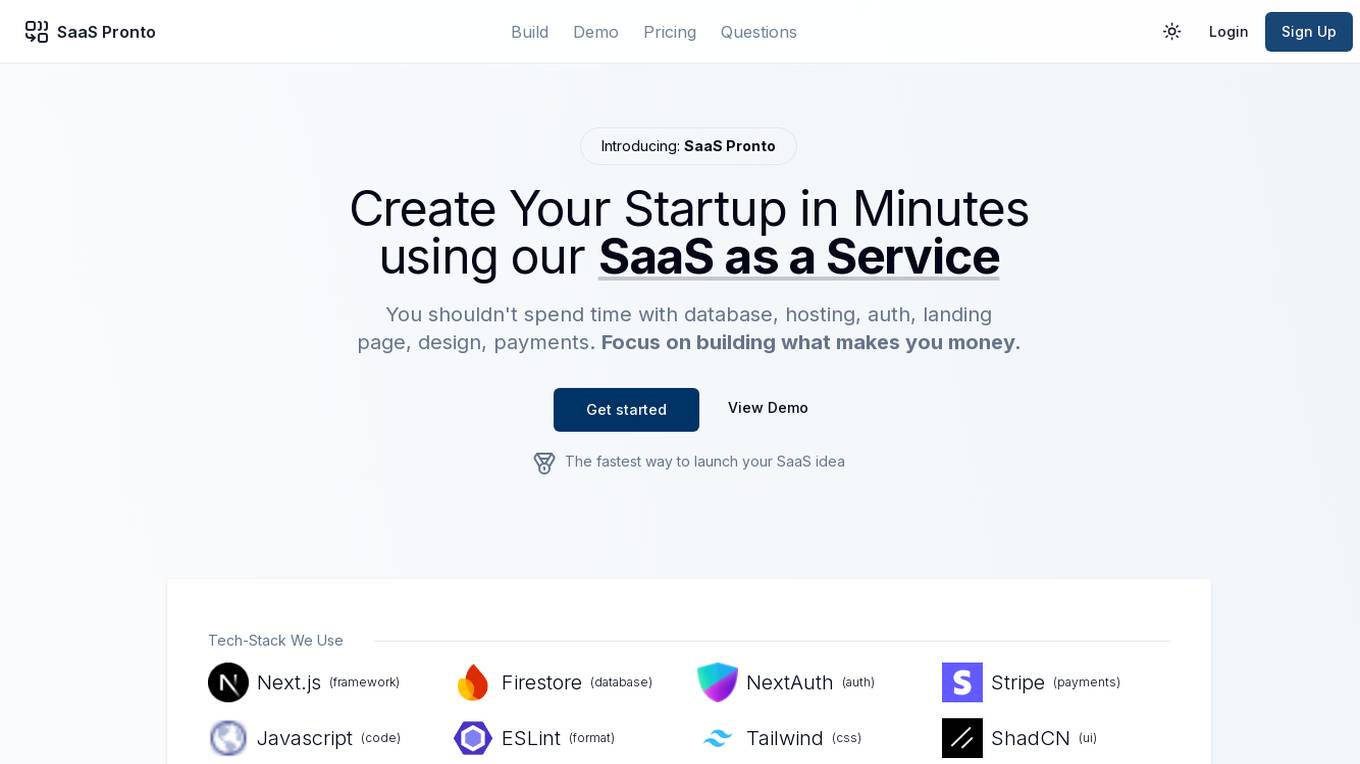
SaaS Pronto
SaaS Pronto is a revolutionary AI-powered platform that enables users to quickly build their own Software as a Service (SaaS) startups without the hassle of manual setup. By automating tasks such as database configuration, authentication, landing page design, and payment integration, SaaS Pronto empowers entrepreneurs to focus on developing profitable features. The platform offers a beginner-friendly approach, minimal coding requirements, and rapid deployment, making it ideal for indie makers and startups looking to launch MVPs efficiently and cost-effectively.
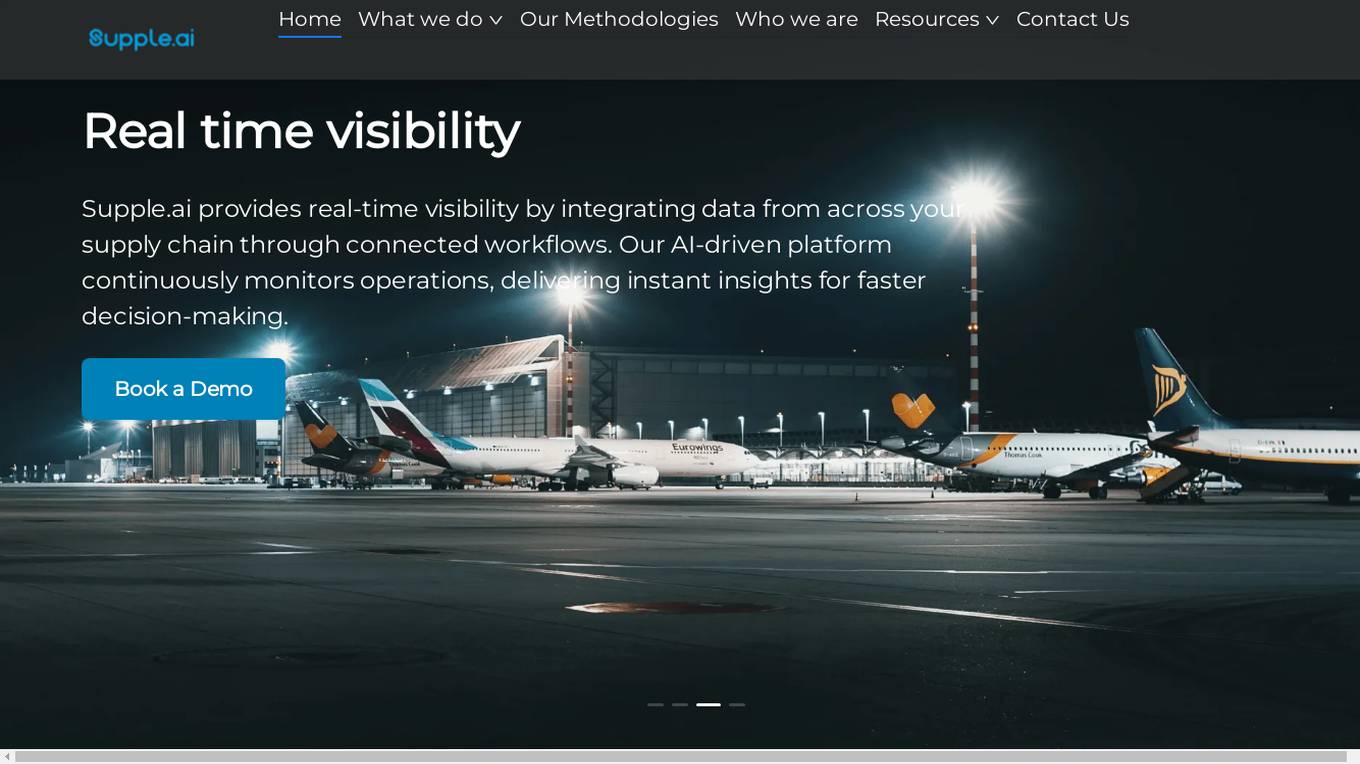
Supple.ai
Supple.ai is an AI-powered content generation tool that helps users create high-quality written content quickly and efficiently. By leveraging advanced natural language processing algorithms, Supple.ai can generate articles, blog posts, product descriptions, and more in a matter of minutes. The tool is designed to assist content creators, marketers, and businesses in streamlining their content creation process and improving productivity.
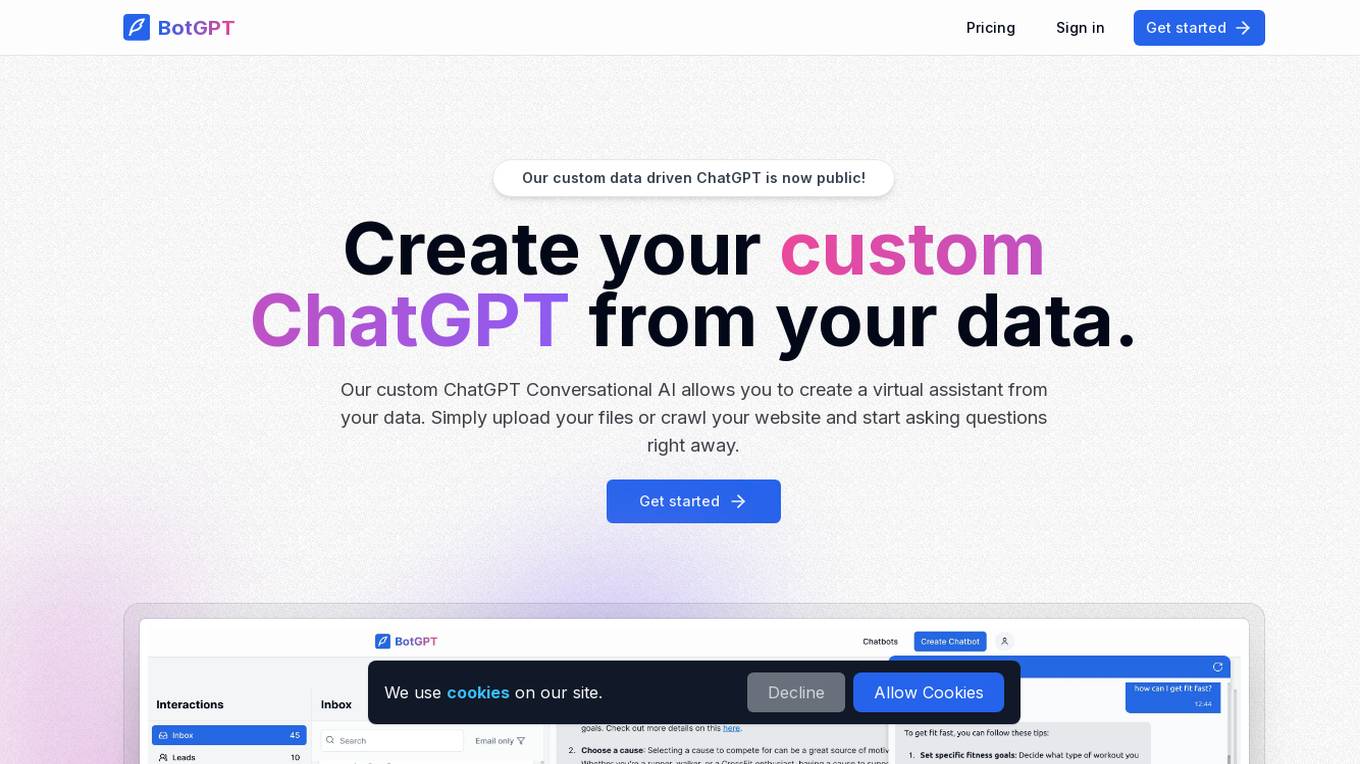
BotGPT
BotGPT is a 24/7 custom AI chatbot assistant for websites. It offers a data-driven ChatGPT that allows users to create virtual assistants from their own data. Users can easily upload files or crawl their website to start asking questions and deploy a custom chatbot on their website within minutes. The platform provides a simple and efficient way to enhance customer engagement through AI-powered chatbots.
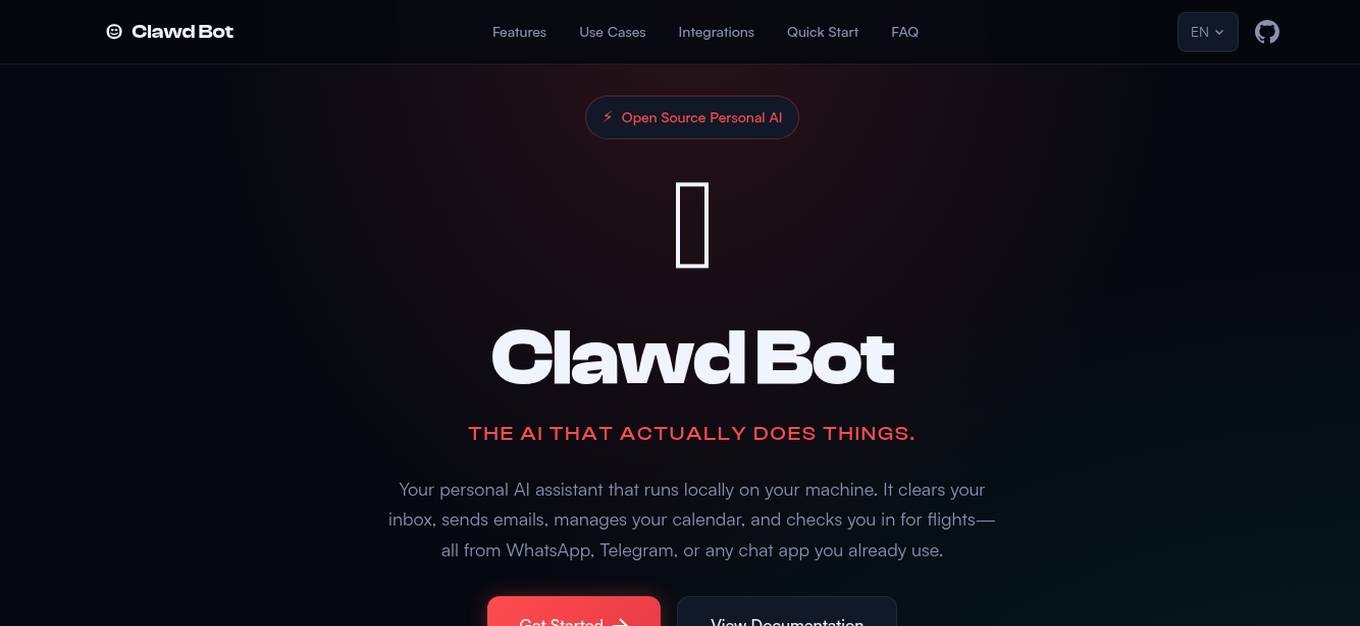
Clawd Bot
Clawd Bot is a personal AI assistant that runs locally on your machine, allowing you to control it via various messaging platforms like WhatsApp, Telegram, Discord, Slack, Signal, or iMessage. It offers features such as Persistent Memory, Browser Control, System Access, and Skills & Plugins. With 50+ integrations, it helps with tasks like email management, calendar scheduling, flight check-ins, research summaries, home automation, and personal finance tracking. Clawd Bot prioritizes privacy by running entirely on your machine, ensuring your data remains secure. It is user-friendly and supports popular AI models like Claude, GPT-4, and Gemini.

Campana
Campana is a competitive intelligence tool that helps businesses stay up-to-date on their competitors' activities. It collects and presents data on competitor websites, news, and social media in a digestible feed. Campana also uses AI to uncover insights about competitors that businesses need to know right now.
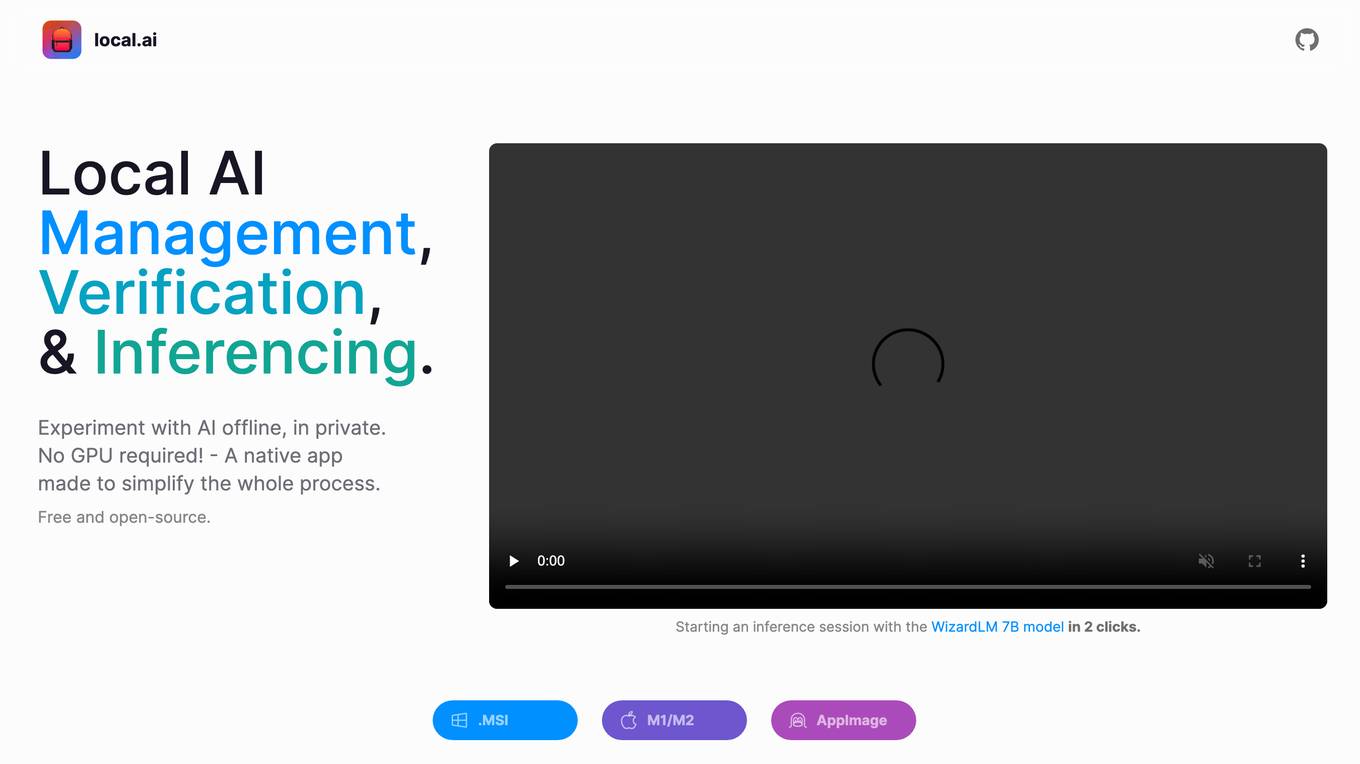
Local AI Playground
Local AI Playground is a free and open-source native app designed for AI management, verification, and inferencing. It allows users to experiment with AI offline in a private environment without the need for a GPU. The application is memory-efficient and compact, with features like CPU inferencing, model management, and digest verification. Users can start a local streaming server for AI inferencing with just two clicks. Local AI Playground aims to simplify the AI process and provide a seamless experience for users.
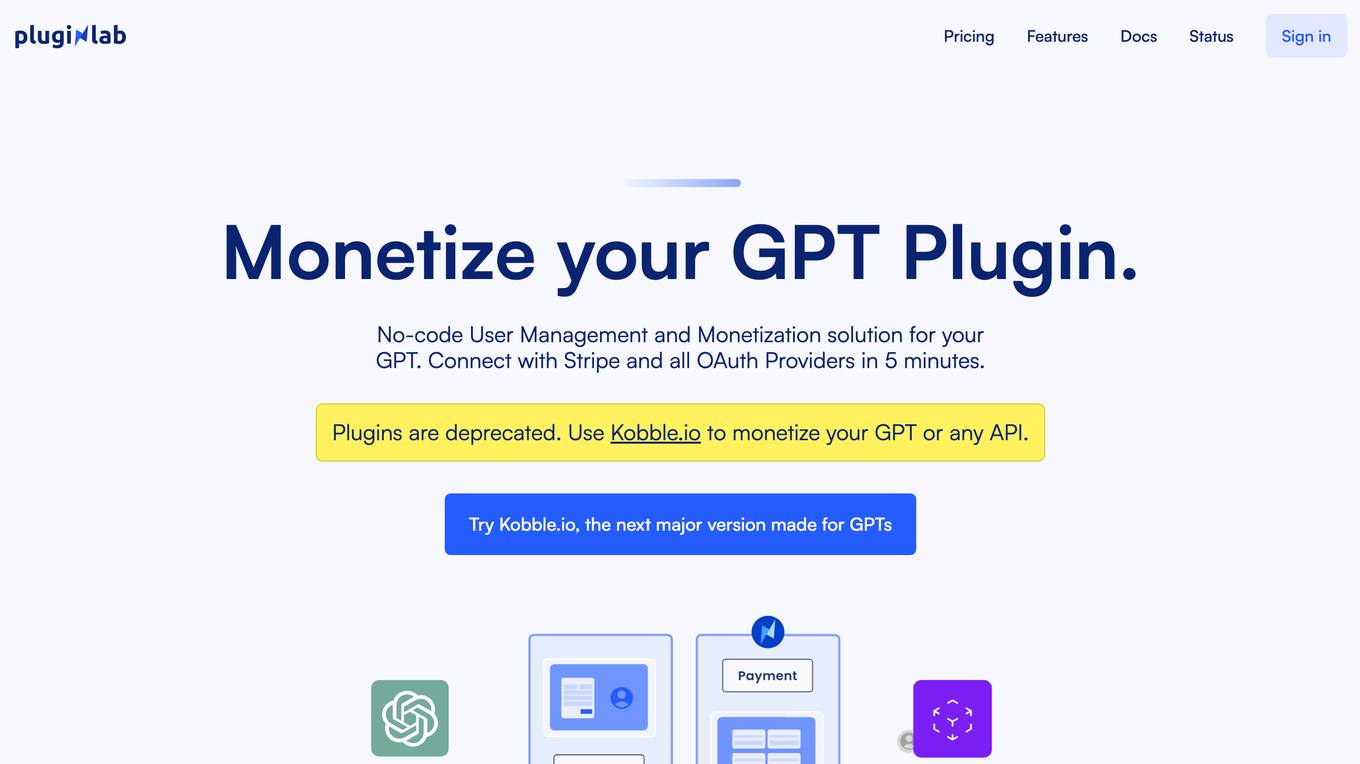
PluginLab
PluginLab is a platform offering a no-code User Management and Monetization solution for GPT plugins. It allows users to connect with Stripe and various OAuth Providers in just 5 minutes. The platform aims to help developers monetize their GPT plugins efficiently while providing a seamless user experience. PluginLab also offers features like authentication, monetization, real-time events monitoring, deployments, and insights generation to help users grow their business.
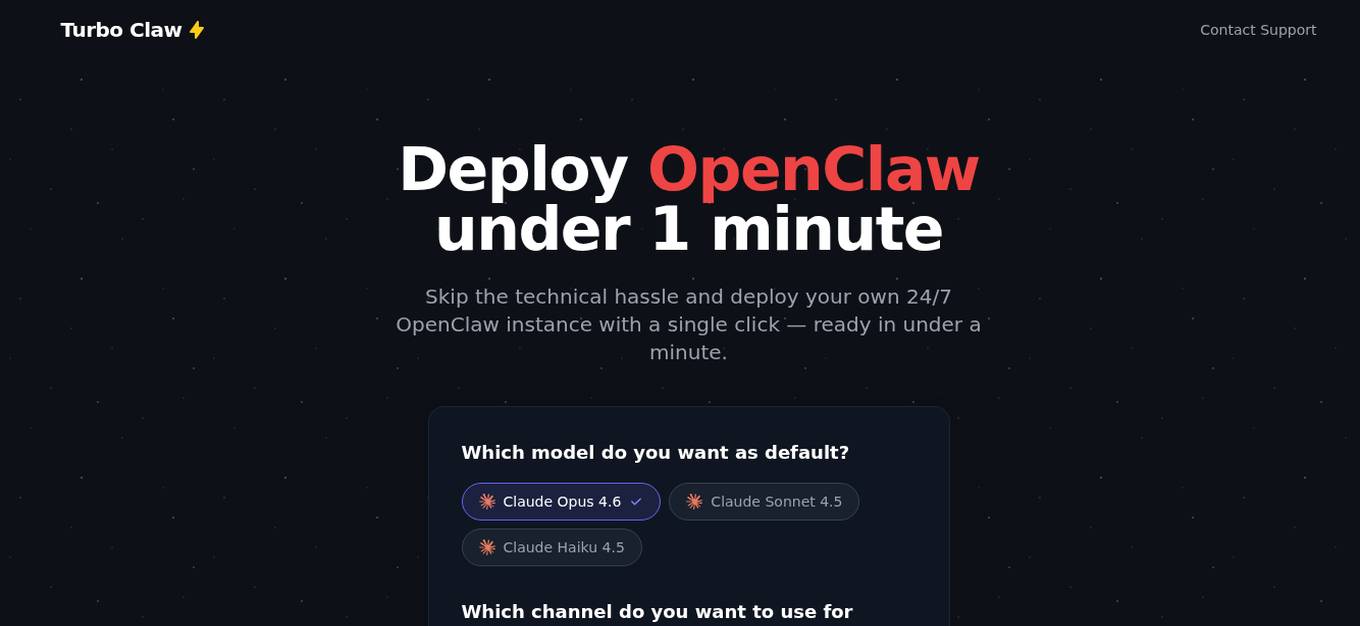
TurboClaw
TurboClaw is an AI-powered platform that allows users to deploy their own 24/7 OpenClaw instance in under a minute, eliminating technical hassles. Users can choose from different AI models and messaging channels, and the platform handles server management, Docker setup, SSL configuration, and OpenClaw deployment. With TurboClaw, users can quickly set up AI bots for various tasks such as drafting replies, translating messages, organizing inboxes, managing subscriptions, finding best prices online, generating content ideas, setting goals, and more.

Mailforge
Mailforge is a cold email infrastructure that allows users to create hundreds of domains and mailboxes in minutes with premium deliverability and free automated setup. It is designed to help businesses send cold emails effectively and efficiently.
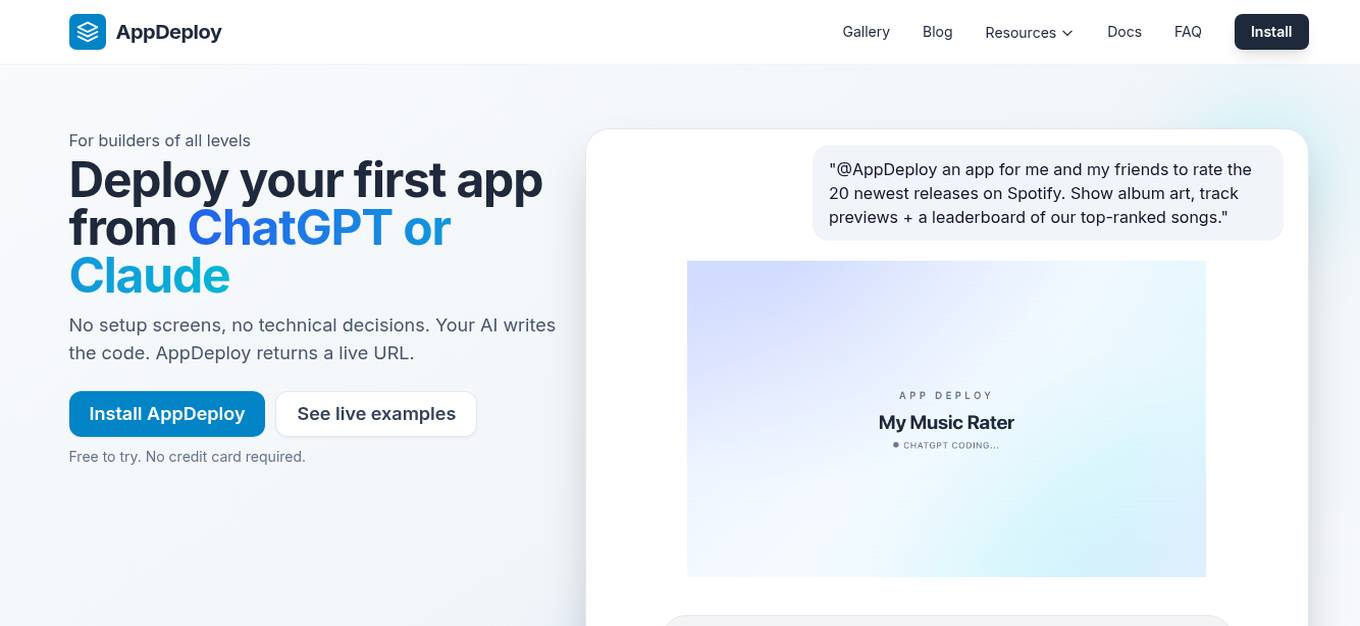
AppDeploy
AppDeploy is an AI tool that allows users to deploy apps generated by AI agents like ChatGPT and Claude quickly and effortlessly. It eliminates the need for technical decisions and coding knowledge, enabling users to focus solely on their product. AppDeploy handles the entire setup process, including cloud hosting, content serving, security, authentication, and more, automatically. Users can deploy real production apps, catch visual bugs, track deployment status, and iterate seamlessly. The platform supports various AI agents and coding tools, making app deployment accessible to a wide range of users.
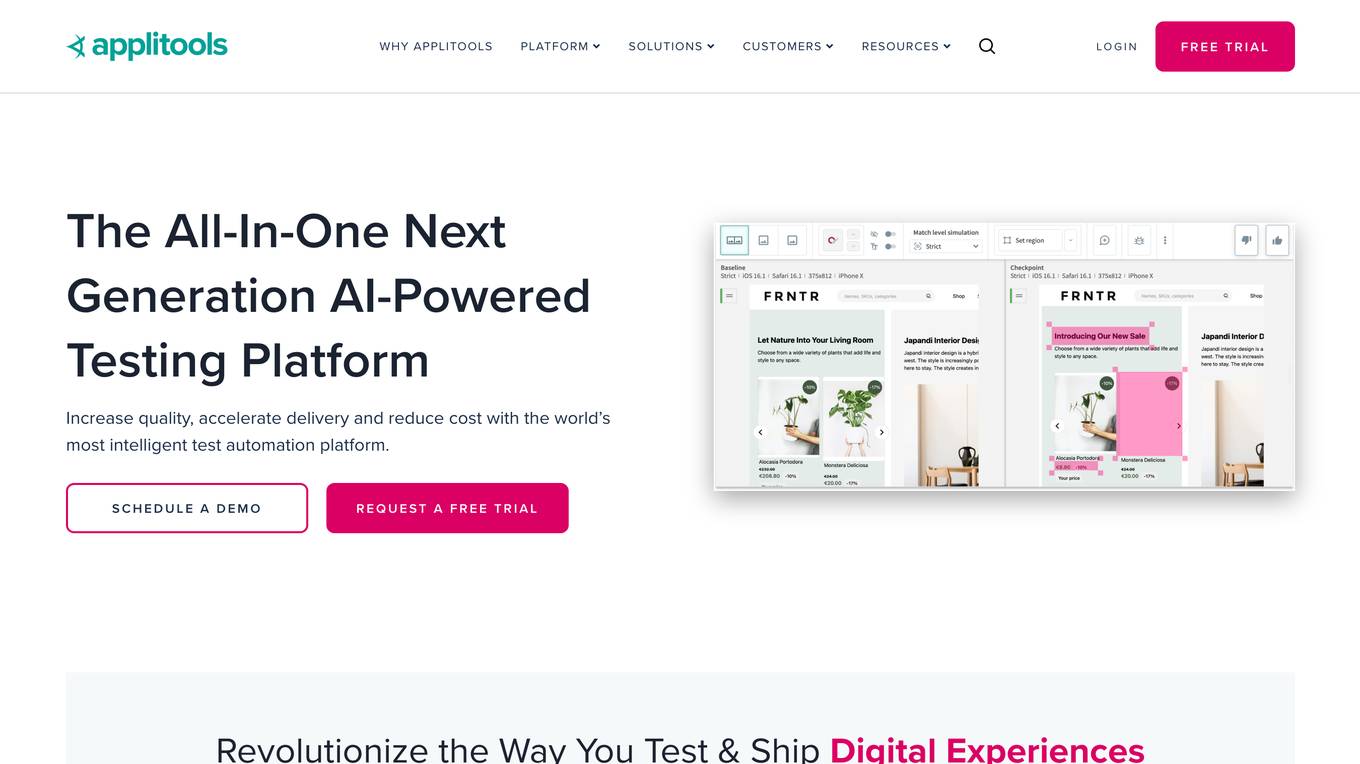
Applitools
Applitools is an AI-powered test automation platform that helps businesses improve the quality of their digital experiences. It uses visual AI to validate user interfaces across any type of screen or device, and it can be deployed on-prem, in the cloud, or as a SaaS solution. Applitools integrates with all of the major development tools and workflows, and it offers a wide range of features and advantages that can help businesses save time and money while improving the quality of their software.
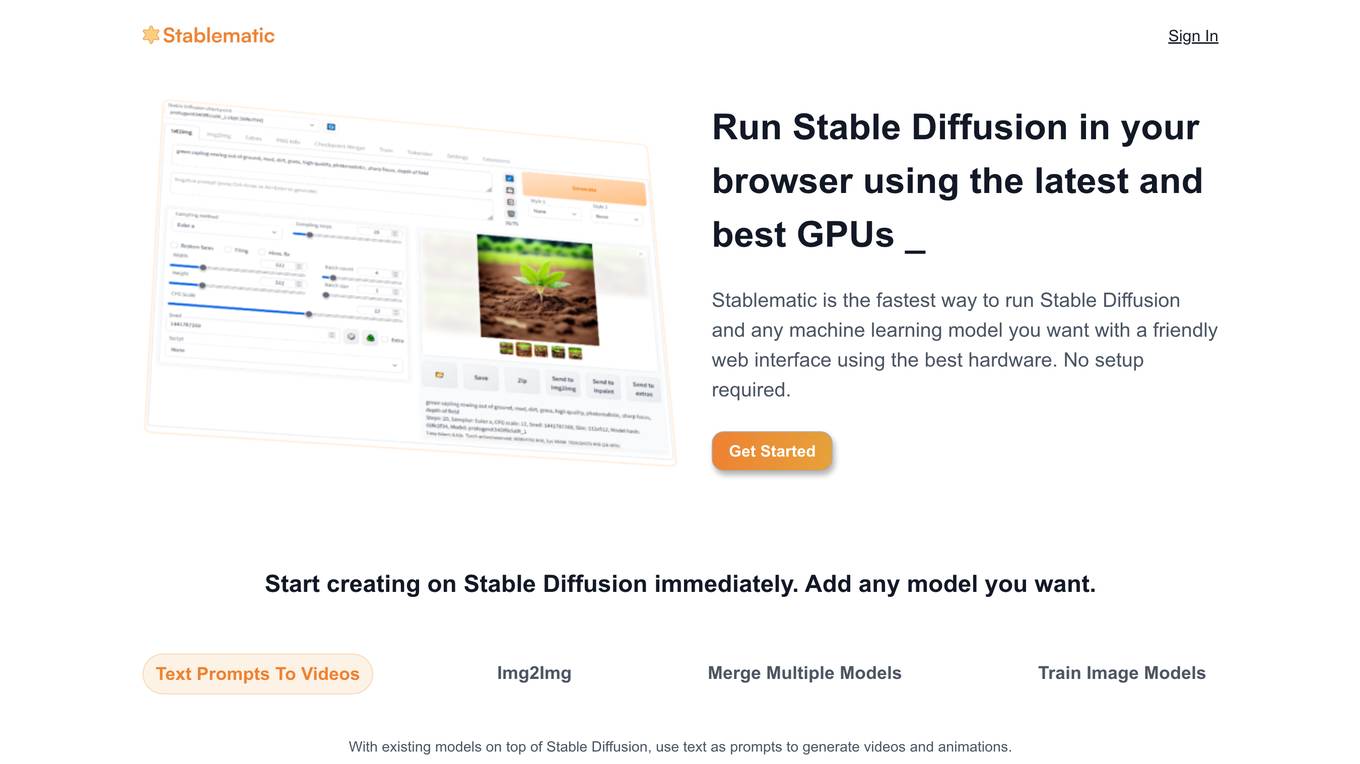
Stablematic
Stablematic is a web-based platform that allows users to run Stable Diffusion and other machine learning models without the need for local setup or hardware limitations. It provides a user-friendly interface, pre-installed plugins, and dedicated GPU resources for a seamless and efficient workflow. Users can generate images and videos from text prompts, merge multiple models, train custom models, and access a range of pre-trained models, including Dreambooth and CivitAi models. Stablematic also offers API access for developers and dedicated support for users to explore and utilize the capabilities of Stable Diffusion and other machine learning models.
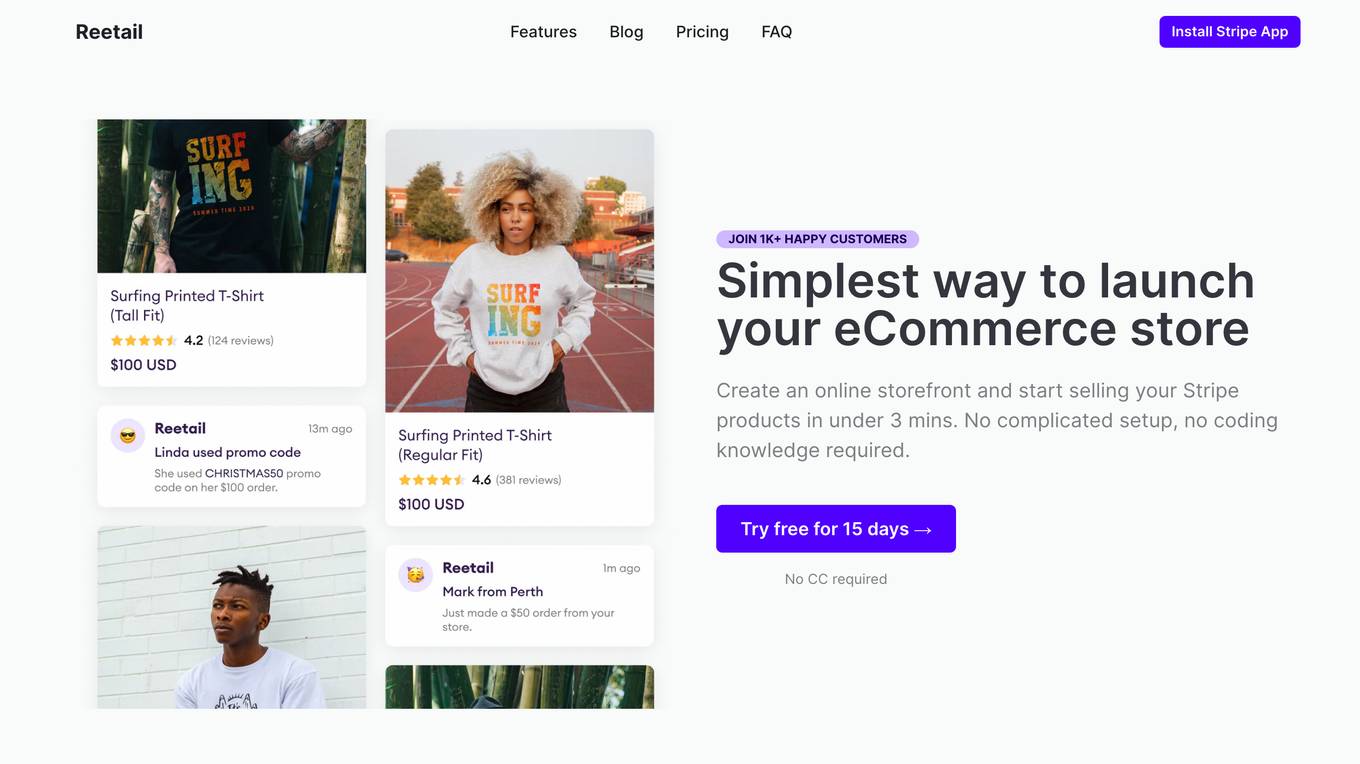
Reetail
Reetail is an E-Commerce platform that allows small businesses to easily create online stores using their existing Stripe products. With no coding knowledge required, users can set up a professional-looking store with customizable themes, checkout, and payment processing. Reetail offers features like 0% transaction fees, no-code setup, fast loading times, mobile optimization, multi-currency support, and subscription product selling. The platform is designed to simplify the selling process for businesses by automating store setup, payment handling, and SEO optimization.

ClawOneClick
ClawOneClick is an AI tool that allows users to deploy their own AI assistant in seconds without the need for technical setup. It offers a one-click deployment of an always-on AI chatbot powered by the latest AI models. Users can choose from various AI models and messaging channels to customize their AI assistant. ClawOneClick handles all the cloud infrastructure provisioning and management, ensuring secure connections and end-to-end encryption. The tool is designed to adapt to various tasks and can assist with email summarization, quick replies, translation, proofreading, customer queries, report condensation, meeting reminders, voice memo transcription, deadline tracking, schedule organization, meeting action item capture, time zone coordination, task automation, expense logging, priority planning, content generation, idea brainstorming, fast topic research, book and article summarization, concept learning, creative suggestions, code explanation, document analysis, professional document drafting, project goal definition, team updates preparation, data trend interpretation, job posting writing, product and price comparison, meal plan suggestion, and more.
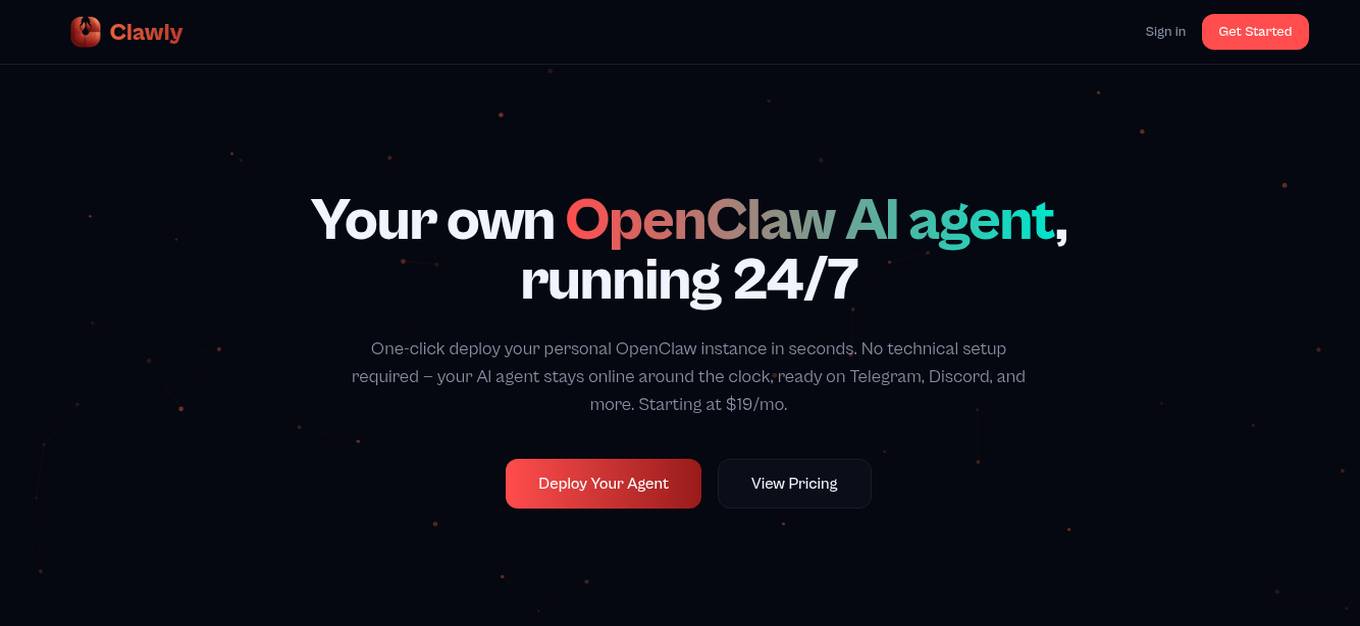
Clawly
Clawly is a managed hosting platform for OpenClaw AI agents, offering users the ability to deploy their personal AI agents quickly and easily without the need for technical setup. With features like 24/7 availability, exclusive usage & cost dashboard, multi-channel support, and simple, transparent pricing, Clawly provides a comprehensive solution for managing AI agents efficiently. The platform ensures security, scalability, and ease of use for individuals and businesses looking to leverage AI technology without the complexities of setup and maintenance.
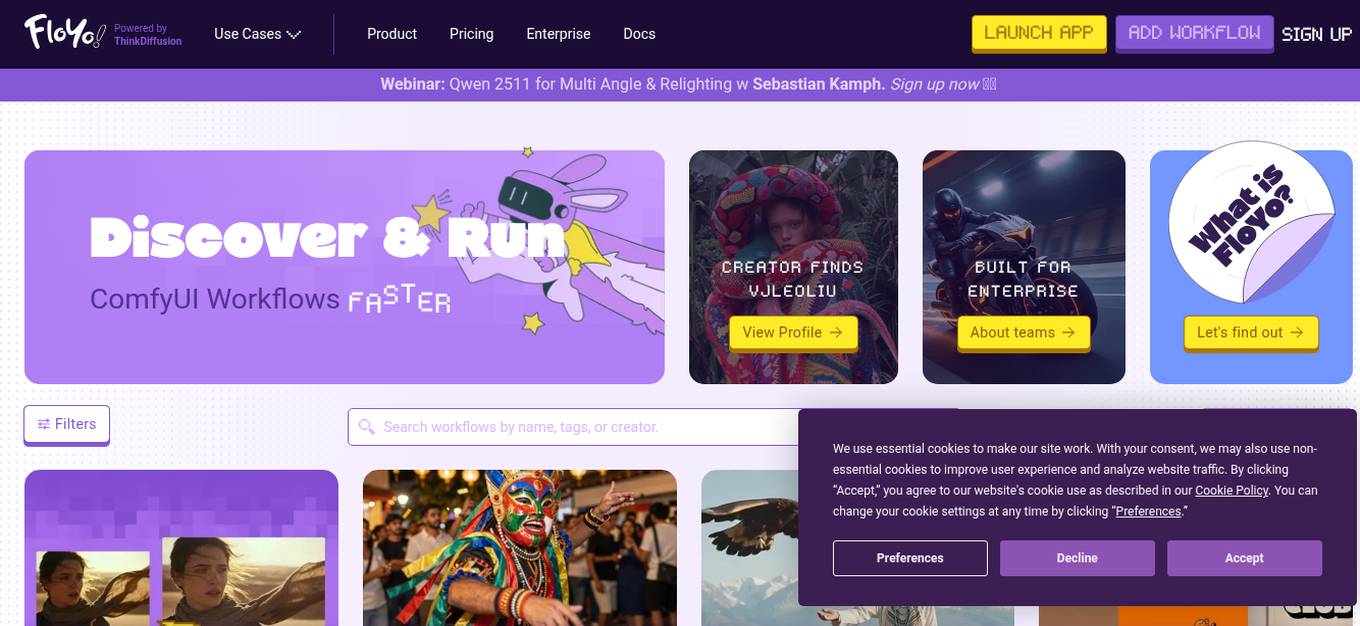
Floyo
Floyo is an AI-powered application that leverages the full power of ComfyUI to streamline workflow processes. It offers a range of features for image and video editing, including text-to-image, image-to-video, face swap, and more. Floyo is designed to cater to various industries such as filmmaking, photography, animation, and marketing, providing users with fast and efficient tools for creative content generation.
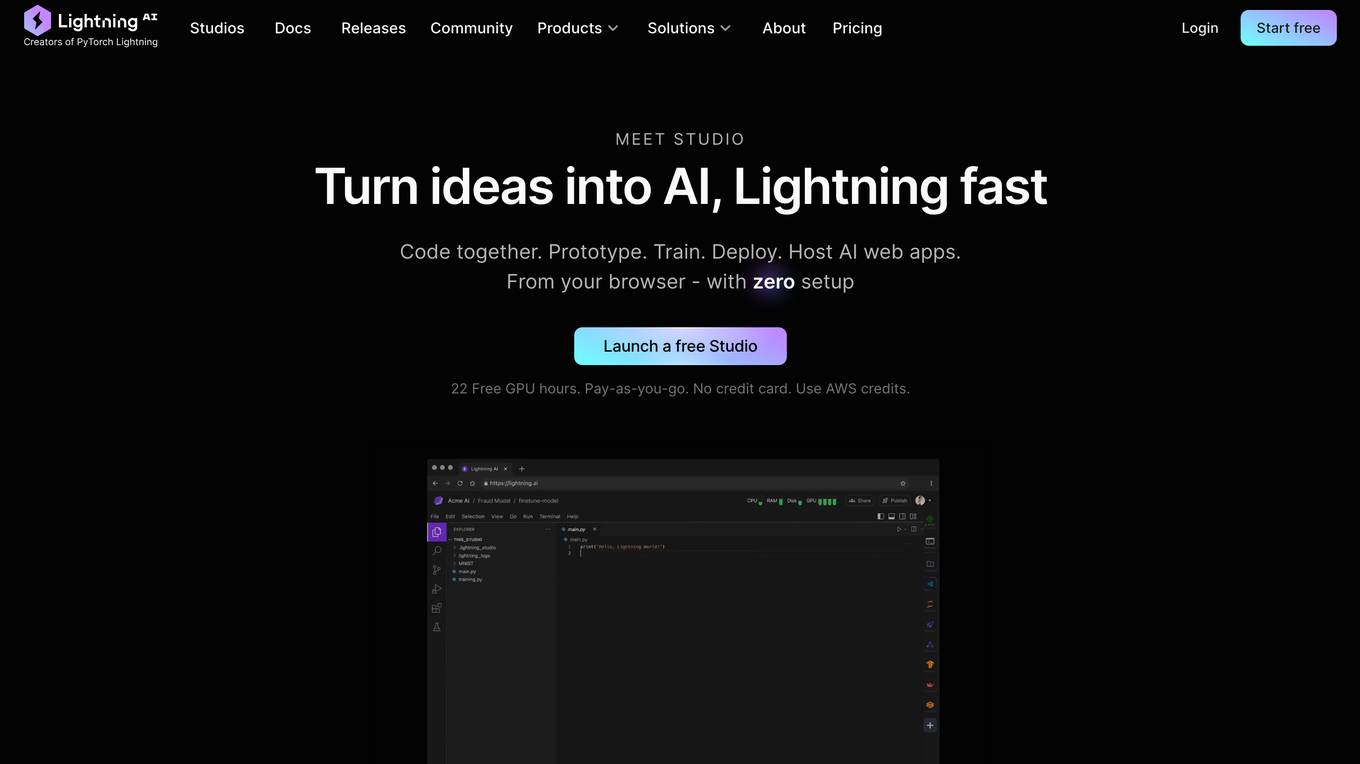
Lightning AI
I apologize, but the provided website page text does not contain sufficient information to generate a detailed description of the website. The text only mentions the name of the application, "Lightning AI", and indicates that JavaScript is required to run the app. Without further context or content from the website, I cannot provide a comprehensive description.
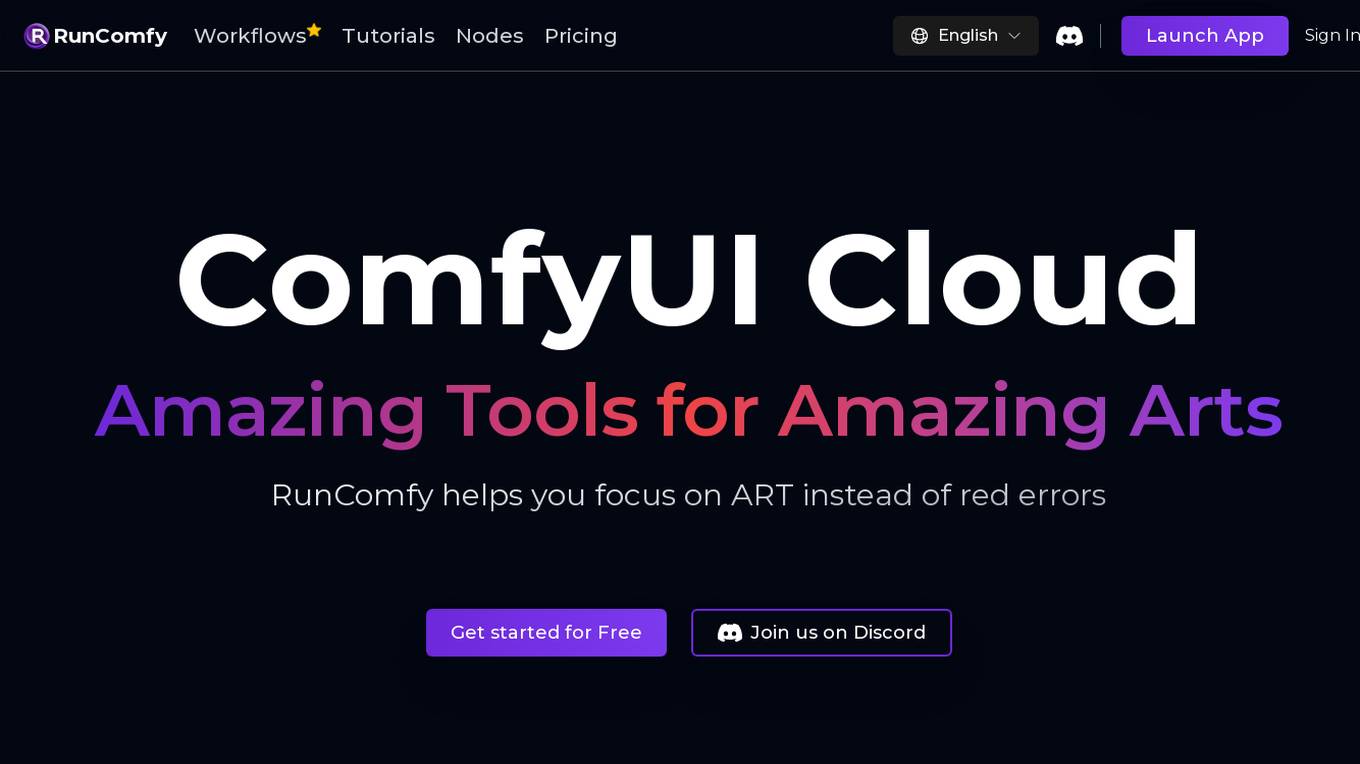
RunComfy
RunComfy is a premier ComfyUI platform that provides a cloud-based environment for creating stunning art using cutting-edge AI models and nodes. It offers a user-friendly interface with a node-based graph system, allowing users to craft complex image and video creation workflows without the need for coding expertise. RunComfy features preloaded nodes and models, dedicated machines with powerful GPUs, and a range of ComfyUI workflows and tutorials to help users unleash their creativity effortlessly.
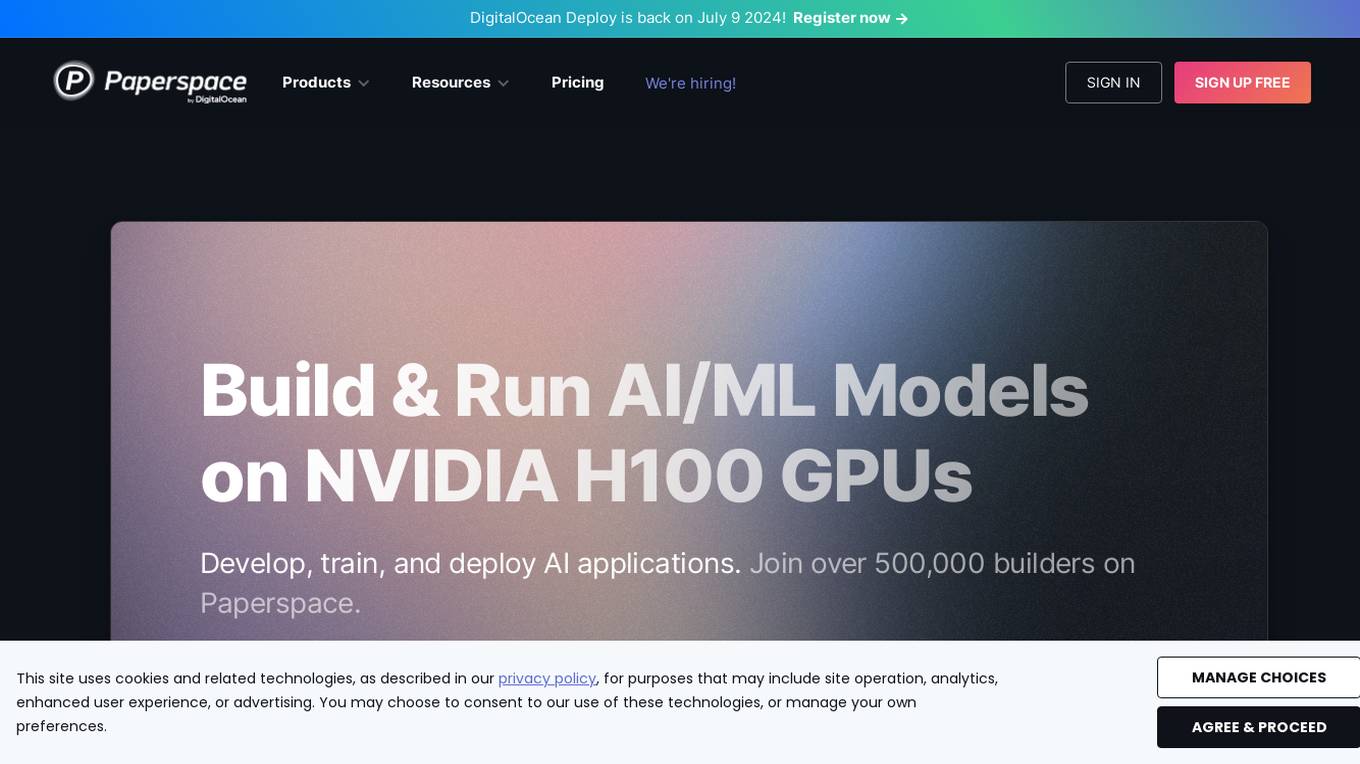
Paperspace
Paperspace is an AI tool designed to develop, train, and deploy AI models of any size and complexity. It offers a cloud GPU platform for accelerated computing, with features such as GPU cloud workflows, machine learning solutions, GPU infrastructure, virtual desktops, gaming, rendering, 3D graphics, and simulation. Paperspace provides a seamless abstraction layer for individuals and organizations to focus on building AI applications, offering low-cost GPUs with per-second billing, infrastructure abstraction, job scheduling, resource provisioning, and collaboration tools.
1 - Open Source AI Tools
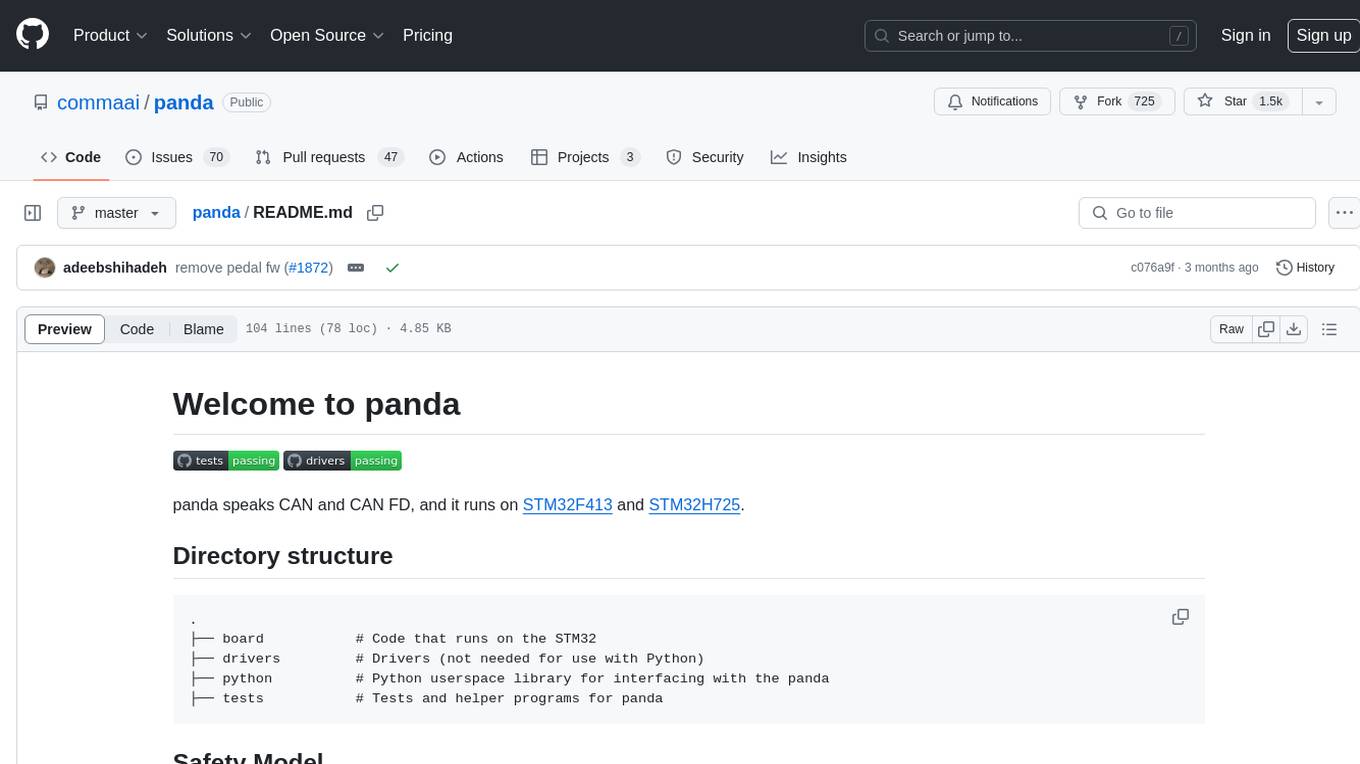
panda
Panda is a car interface tool that speaks CAN and CAN FD, running on STM32F413 and STM32H725. It provides safety modes and controls_allowed feature for message handling. The tool ensures code rigor through CI regression tests, including static code analysis, MISRA C:2012 violations check, unit tests, and hardware-in-the-loop tests. The software interface supports Python library, C++ library, and socketcan in kernel. Panda is licensed under the MIT license.
20 - OpenAI Gpts
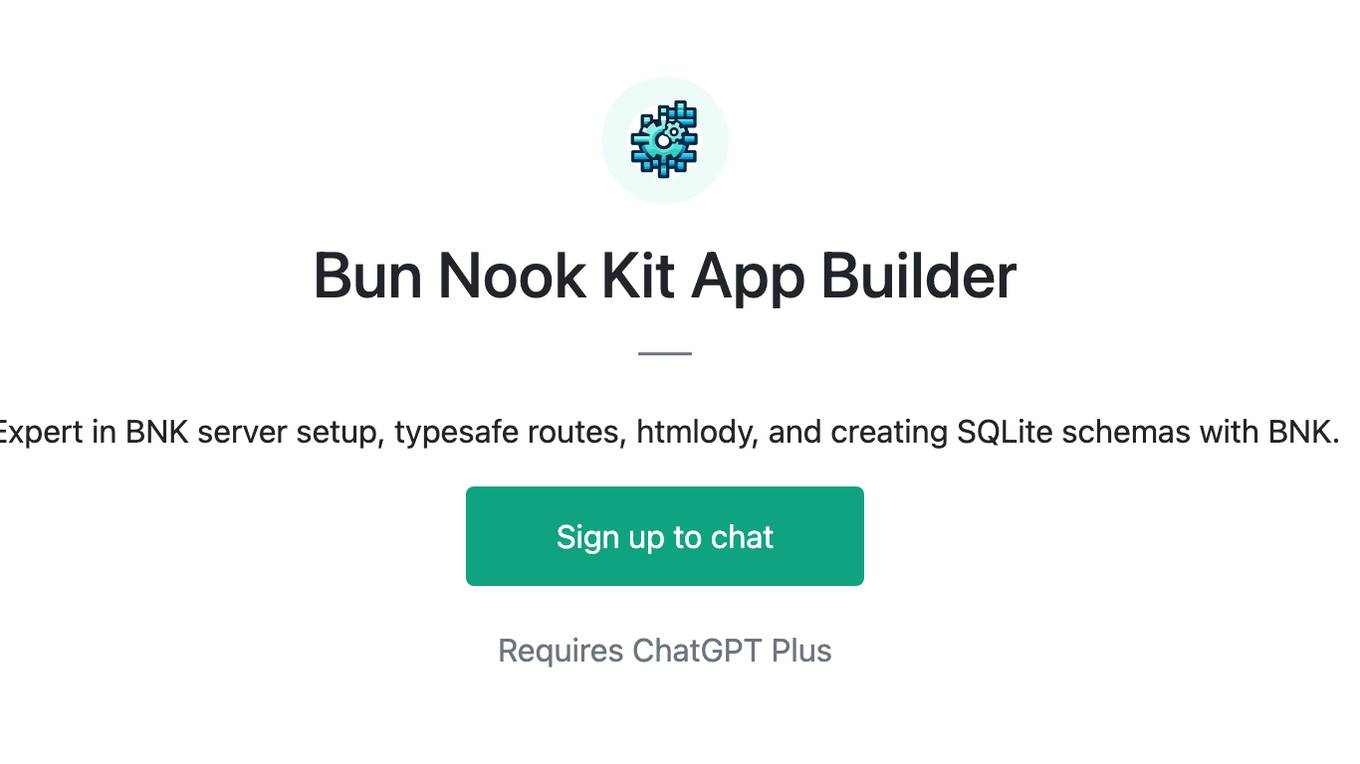
Bun Nook Kit App Builder
Expert in BNK server setup, typesafe routes, htmlody, and creating SQLite schemas with BNK.
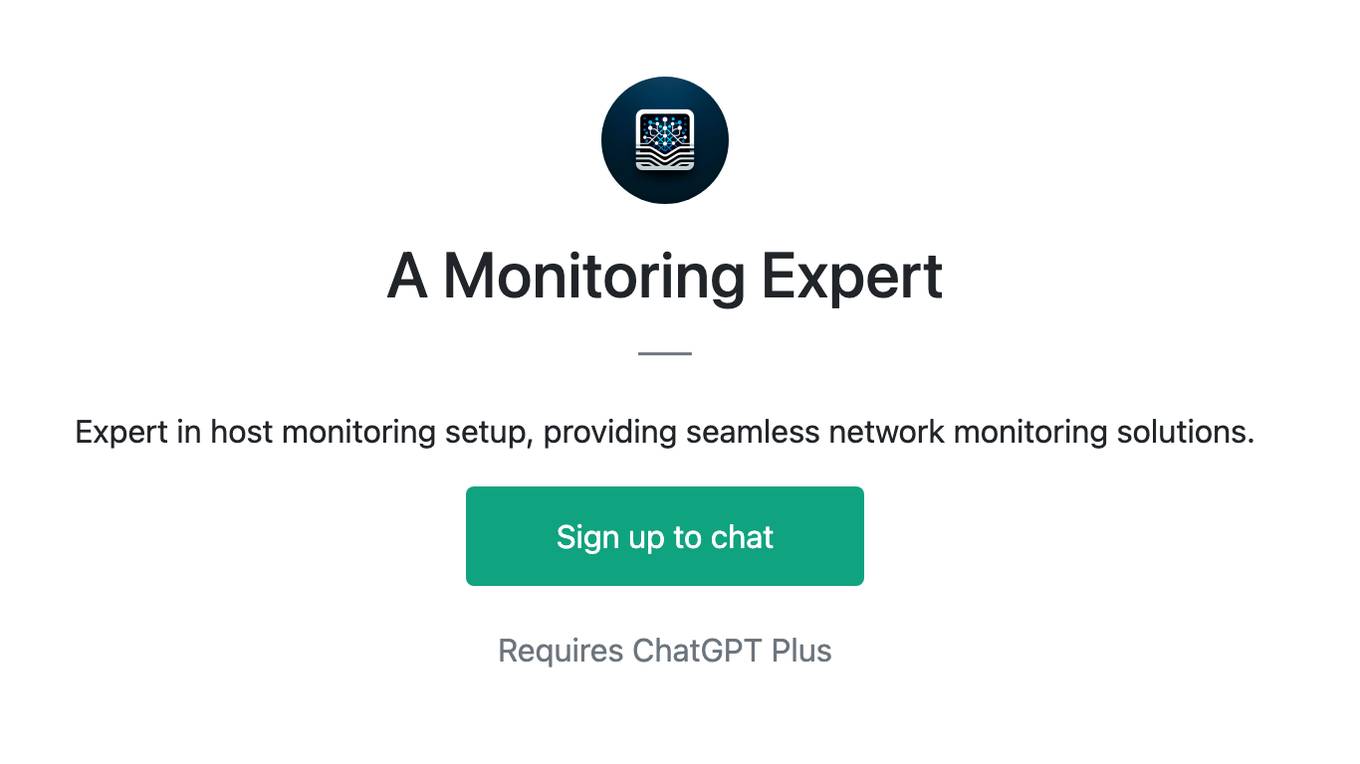
A Monitoring Expert
Expert in host monitoring setup, providing seamless network monitoring solutions.
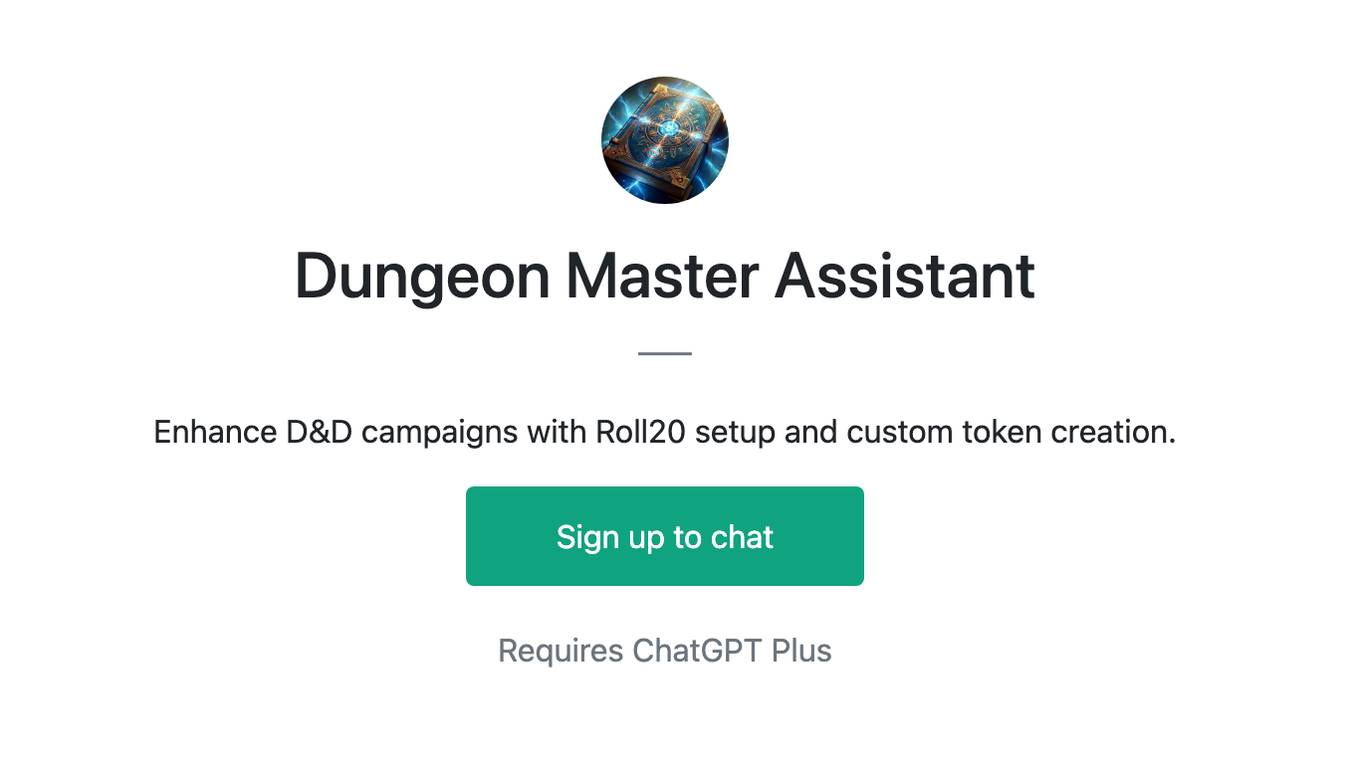
Dungeon Master Assistant
Enhance D&D campaigns with Roll20 setup and custom token creation.
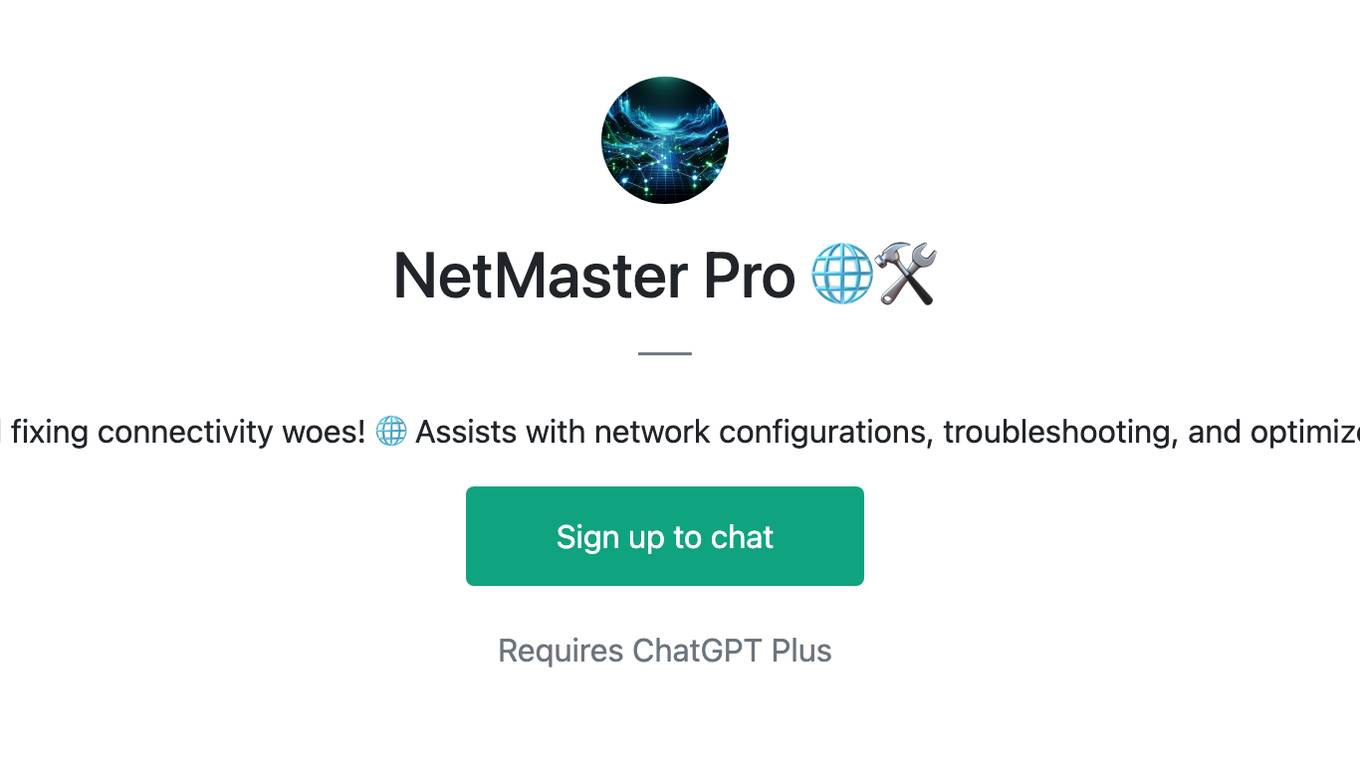
NetMaster Pro 🌐🛠️
Your AI network guru for setup and fixing connectivity woes! 🌐 Assists with network configurations, troubleshooting, and optimizes your internet experience. 💻✨
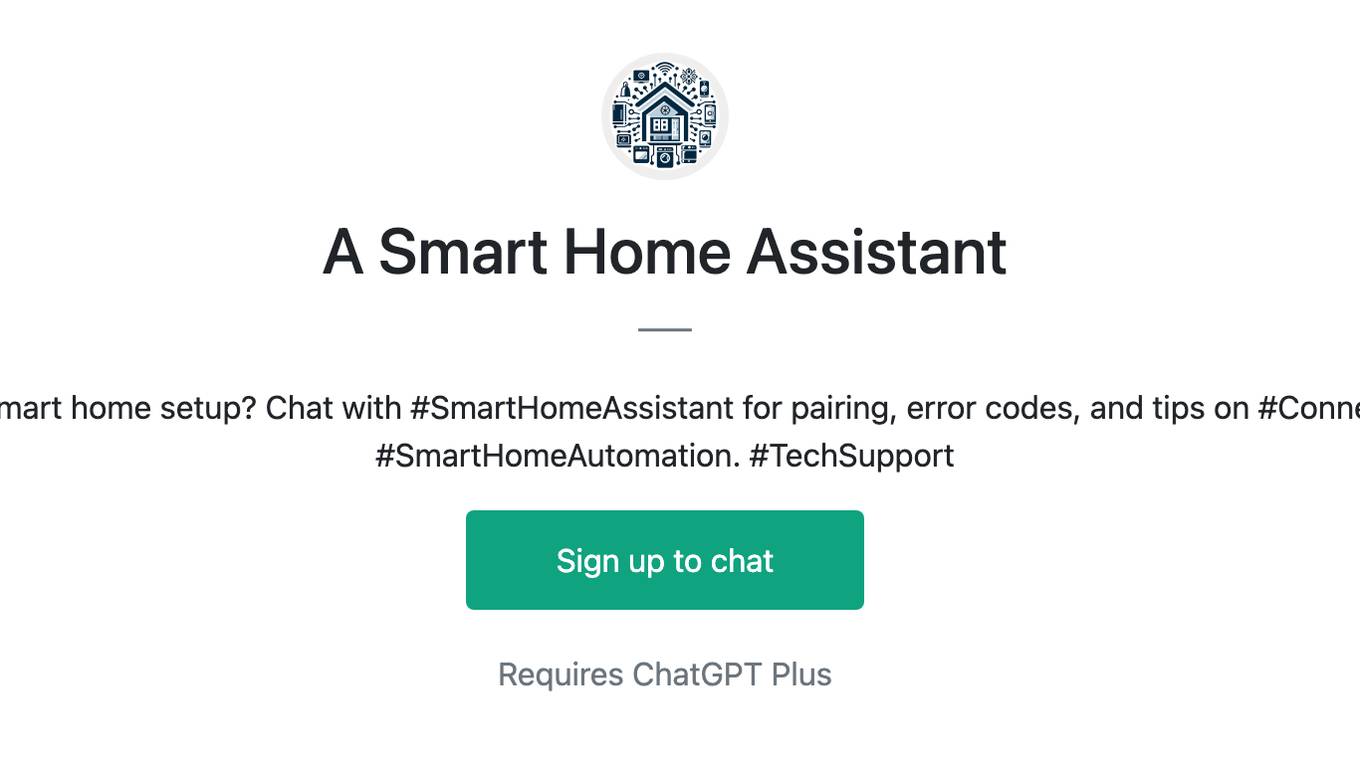
A Smart Home Assistant
Have a quick question regarding your smart home setup? Chat with #SmartHomeAssistant for pairing, error codes, and tips on #ConnectedDevices. Your essential guide to #SmartHomeAutomation. #TechSupport
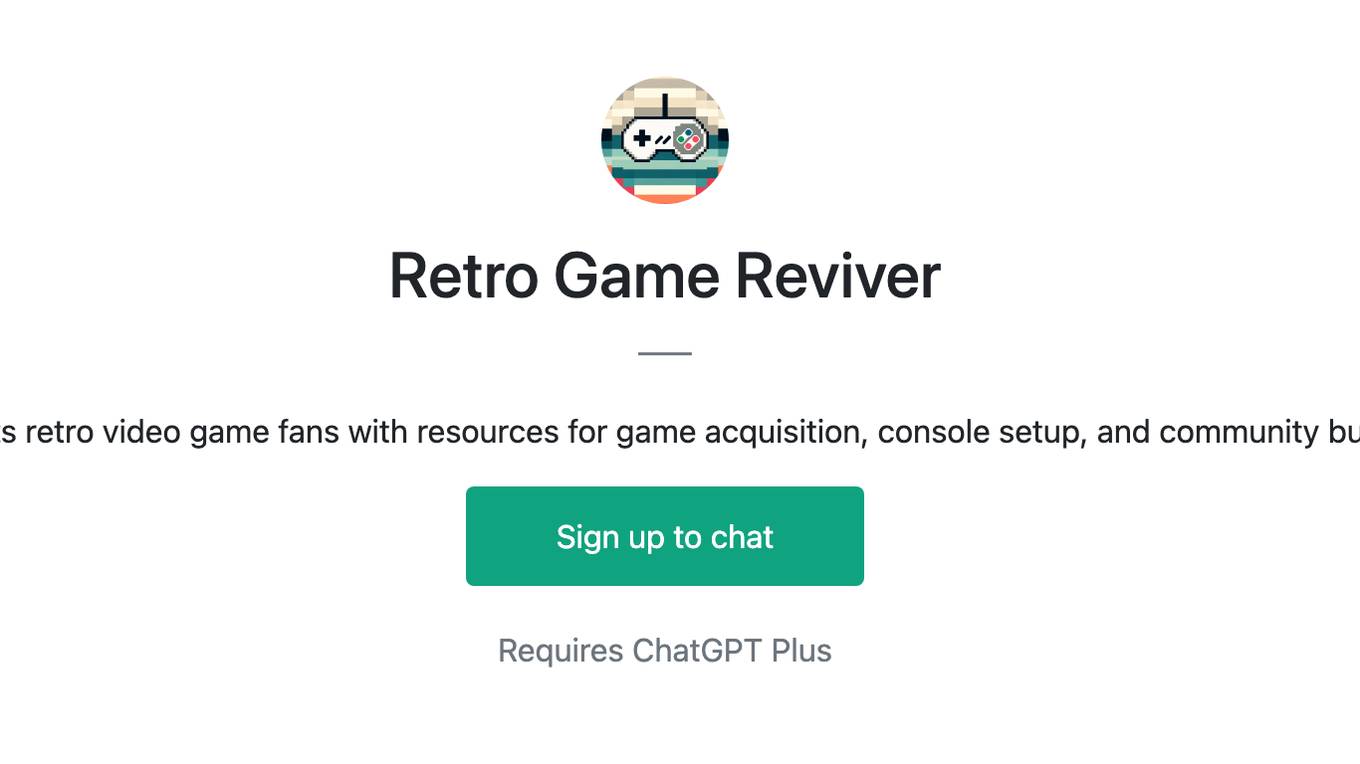
Retro Game Reviver
Connects retro video game fans with resources for game acquisition, console setup, and community building.

Meta Ad Mastermind
Expert in Facebook Meta paid ad campaigns, guiding from setup to optimization.
